WELLINGTON COLLEGE INTERNATIONAL SCHOOL BANGKOK



At Wellington, values shape everything that we do, every day. They are part of every lesson, every conversation, every game. They provide continuity from year to year, and we are proud to walk in the footsteps of Wellingtonians before us.
The pioneering Wellington education, steeped in these values, prepares students to serve, and help shape the world of tomorrow.
• International Pearson Edexcel Topic
• Coursework Unit: Personal Portfolio
Work Covered
• Development of personal ideas.\
• Experimentation with a wide range of different media, techniques and processes.
• In-depth research into artists to inform the development of ideas.
• Select, review and refine work to produce personal and resolved responses.
• The ability to respond to a theme and develop work through personal investigation.
• To develop a broad range of technical skills with different media.
• The ability to choose appropriate materials and techniques to suit one’s intention.
• How to collect, record and respond to visual information using a range of techniques.
• How to select, give context to and organise ideas in a coherent way.
• How to evaluate, refine and adapt work.
The Personal Portfolio unit is marked externally by Edexcel and is worth 50% of the overall IGCSE grade.
Topic
• Exam Unit: Externally Set Assignment Lent Term

• The ability to respond to a theme and develop work through personal investigation.
• How to record experiences and observations from first-hand and secondary resources and personal research.
• To develop a broad range of technical skills with different media.
• The ability to choose appropriate materials and techniques to suit one’s intention.
• How to collect, record and respond to visual information using a range of techniques.
• How to select, give context to and organise ideas in a coherent way.
• How to evaluate, refine and adapt work.
Students’ work is assessed in an ongoing basis, using the success criteria specified for each task. Overall grades are holistic, taking into consideration all the work produced for the Personal Portfolio Unit and using Edexcel’s assessment criteria.
Topic
• Exam Unit: Externally Set Assignment

• Development of personal ideas.
• Experimentation with a wide range of different media, techniques and processes.
• In-depth research into artists to inform the development of ideas.
• Select, review and refine work to produce personal and resolved responses.
• The ability to respond to a theme and develop work through personal investigation.
• To develop a broad range of technical skills with different media.
• The ability to choose appropriate materials and techniques to suit one’s intention.
• How to collect, record and respond to visual information using a range of techniques.
• How to select, give context to and organise ideas in a coherent way.
•
• How to evaluate, refine and adapt work.
The Externally Set Assignment unit is market externally by Edexcel and is worth 50% of the overall IGCSE grade.

• International Pearson Edexcel
Topic
• Unit 3 – Reproduction and Inheritance
Work Covered
• Topic 3.1 - Reproduction in plants
• Topic 3.2 - Reproduction in humans (FSH and LH)
• Topic 3.3 - Inheritance
• Topic 5.1 - Genetic modification, cloning and selective breeding
Key Skills
• Microscopy of pollen and gametes.
• Use of punnett squares to determine probability of inheritance in genetics.
Topic tests on 3.1/3.2 and then on 5.1 as well as continual summative and formative assessment of prep work, in class understanding and investigation write ups.
Lent Term
Topic
• Unit 4 – Ecology and the environment
• Unit 5 – Use of biological resources

• Topic 4.1 - The organism and the environment and cycles within ecosystems
• Topic 4.2 - Feeding relationships
• Topic 4.3 - Human influences on the environment
• Topic 5.2 - food production, crops, micro-organisms and fish farming
Key Skills
• Use of sampling with quadrats to estimate population sizes and biodiversity.
• Interpretation of food webs and pyramids.
• Calculation of energy loss within an ecosystem.
• Interpretation of graphs and data sets to understand changing trends within the farming industry.
Assessment
• Topic test on 4.1-4.3 and 5.2.
• Mock exams on full IGCSE biology content
Summer Term
Topic
• Revision Work Covered
• Revision
Key Skills
• Revision Assessment
• External examinations

• International Pearson Edexcel
Topic
• Unit 5: Marketing
Work Covered
Market research, importance of marketing, the marketing mix (product, price, placement, promotion)
Key Skills
• AO1: recall, select and communicate knowledge and understanding of business terms, concepts and issues
• AO2: apply knowledge and understanding using appropriate business terms, concepts, theories and calculations effectively in specific contexts
• AO3: select, organise and interpret business information from sources to investigate and analyse issues
• AO4: evaluate business information to make reasoned judgements and draw conclusions
Assessment
End of unit assessment
Lent Term
Topic
• Unit 6: Business Operations
Work Covered
• Economies of scale
• Production processes
• Principles of lean production
• Impact of technology on production
• Factors of production
• Quality
Key Skills

• AO1: recall, select and communicate knowledge and understanding of business terms, concepts and issues
• AO2: apply knowledge and understanding using appropriate business terms, concepts, theories and calculations effectively in specific contexts
• AO3: select, organise and interpret business information from sources to investigate and analyse issues
• AO4: evaluate business information to make reasoned judgements and draw conclusions
Assessment
End of unit assessment and mock exam
Topic
• Revision
Work Covered
Units 1 - 6
Key Skills
• AO1: recall, select and communicate knowledge and understanding of business terms, concepts and issues
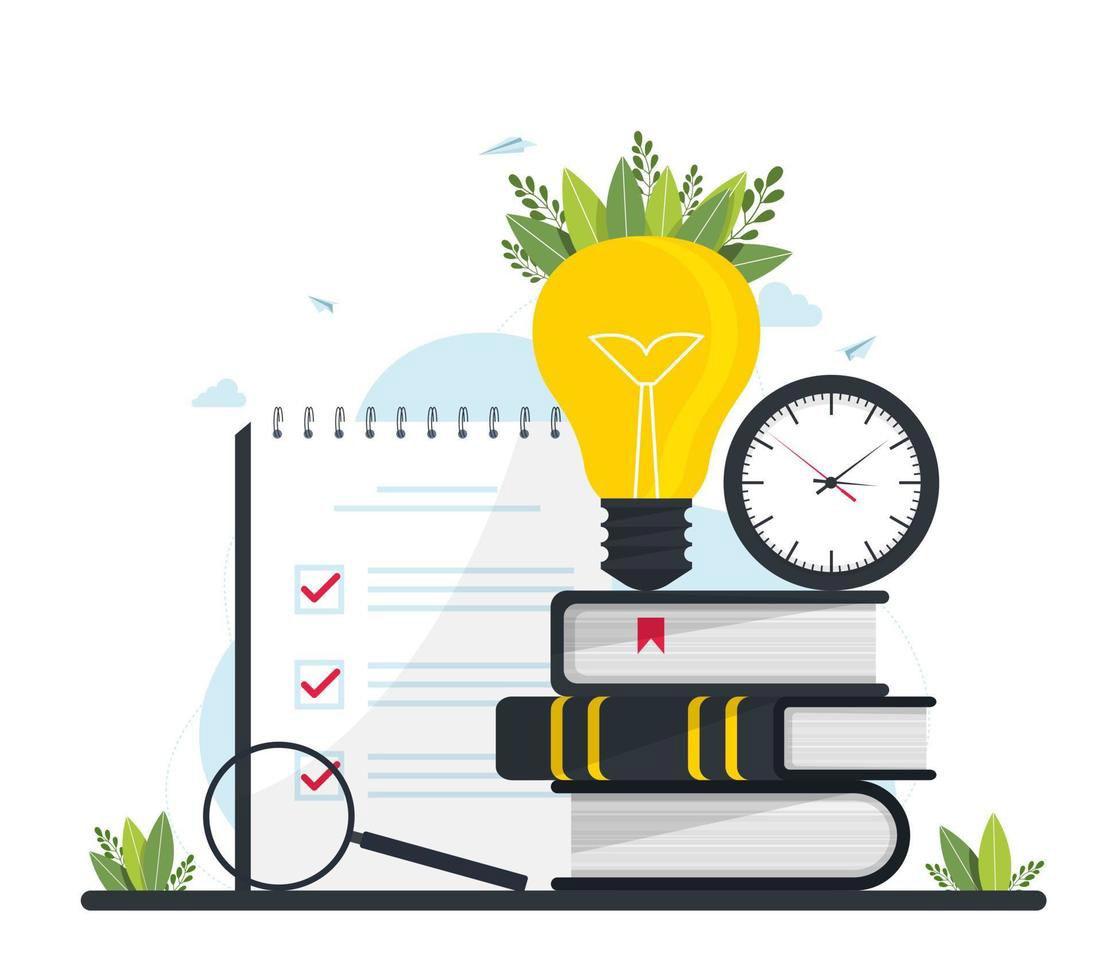
• AO2: apply knowledge and understanding using appropriate business terms, concepts, theories and calculations effectively in specific contexts
• AO3: select, organise and interpret business information from sources to investigate and analyse issues
• AO4: evaluate business information to make reasoned judgements and draw conclusions
Assessment
• Past paper practice
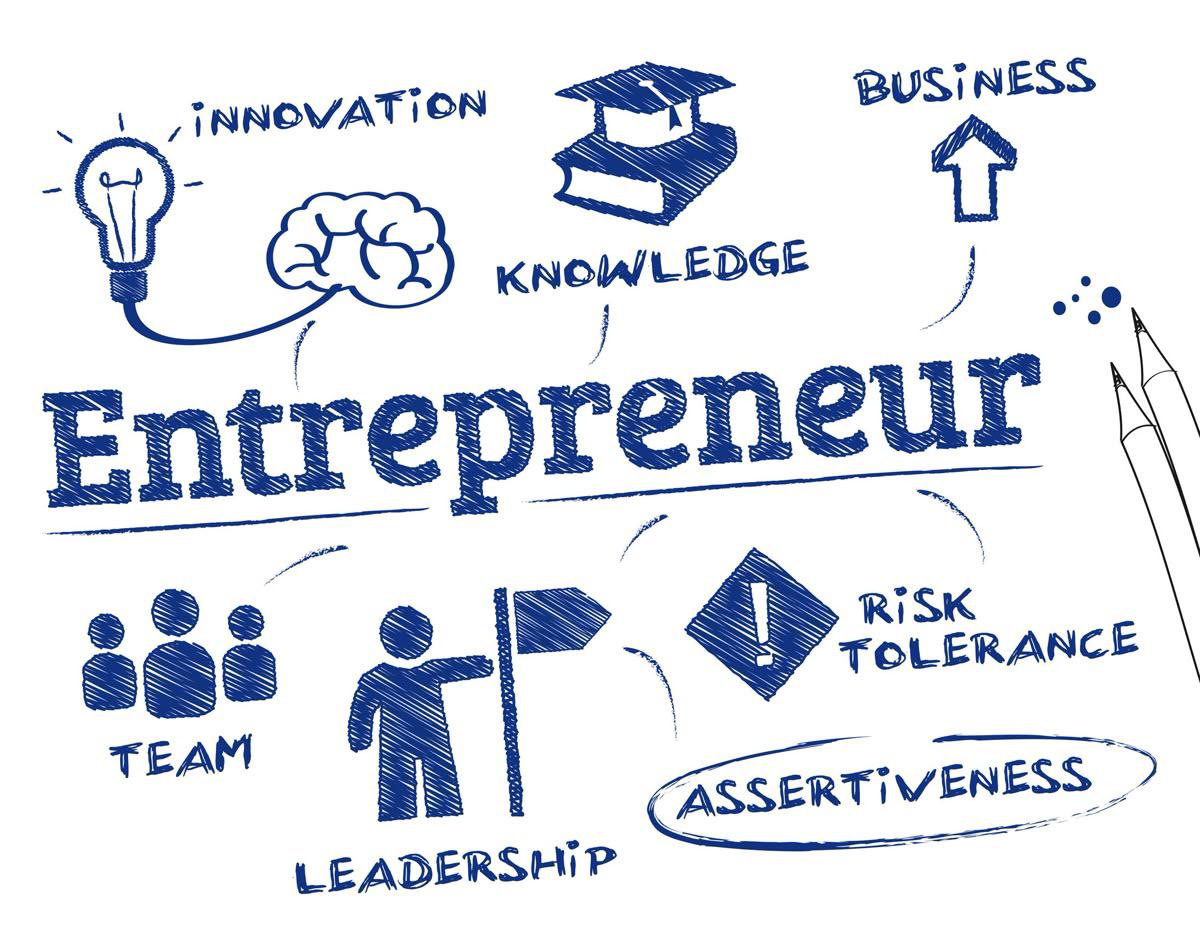
• International Pearson Edexcel
Michaelmas Term
Topic
• Recap Introduction to Organic Chemistry
• Crude Oil, Alkanes, Alkenes, Alcohols
• Carboxylic Acids
• Esters and Synthetic Polymers
Work Covered
• Naming all homologous series
• Addition reactions of alkenes
• Fractional distillation of crude oil, combustion, pollutants and cracking of crude oil
• Oxidation of alcohols, manufacturing alcohols, carboxylic acids and their reactions
• Making Esters and naming them
• Making Polymers condensation of polymers
Key Skills
• Balancing combustion reactions
• Learning chemical synthesis of alcohols
• Carboxylic acids
• Esters and polymers
Assessment
Mid and End of Unit 4 Assessment and Mocks
Lent Term
Topic
• Energetics
• Rates of Reaction and Reversible reactions and equilibria

• Exothermic and Endothermic reactions and energy level diagrams
• Measuring Enthalpy changes delta H.
• Bond making and Bond breaking
• Principles of what speeds up reactions and how a catalyst works
• Predicting the products from a reversible reaction
Key Skills
Core Practicals - Measuring Enthalpy Changes
Summer Term
Topic
• Revision Work Covered
• Revision
Key Skills
• Revision Assessment
External examinations

• Cambridge International Education
Work Covered
High- and Low-Level Languages, Translators, and IDEs
• The differences between high- and low-level programming languages. The role of translators, including compilers, interpreters, and assemblers. The use of Integrated Development Environments (IDEs) in program development.
Internet and the World Wide Web
• The structure and function of the internet and the World Wide Web. How data is transmitted across networks. Review of earlier concepts to consolidate understanding.
Cyber Security
• Common cyber security risks and threats. Methods of protection, prevention, and secure practices. Case studies and real-world applications.
Workbook and Practice Activities
• Completion of linked workbook questions to reinforce each topic. Use of exam-style questions to develop application of knowledge. Pop quizzes to check understanding throughout the unit.
Assessment and Review
• A test covering high- and low-level languages, the internet, and cyber security. Exam feedback sessions to identify strengths and address gaps. Catch-up days built into the term for additional support where needed.
Exam Practice
• Past paper walkthroughs and guided review activities. Building exam technique and confidence in applying knowledge.
Key Skills
• Understanding programming concepts – Distinguishing between high- and low-level languages and applying knowledge of translators and IDEs.
• Critical thinking and analysis – Evaluating cyber security threats and determining appropriate protective measures.
• Research and application – Linking internet and WWW concepts to real-world systems and case studies.
• Problem-solving – Selecting suitable tools, methods, or approaches in workbook and exam-style questions.
• Exam technique – Interpreting questions, managing time effectively, and applying knowledge under assessment conditions.
Assessment
On-going assessment throughout the topic & end-of-unit test.
• Automated Systems/AI/Robotics
• Searching & Sorting Algorithms
• Text-File Project
• Revision & Exam Preparation
Work Covered
Mocks and Review
• Completion of mock examinations to assess knowledge and skills. Review and feedback sessions to identify strengths and areas for improvement.
File Handling
• Understanding how to work with text files in programming. Reading from and writing to files using code. Practical coding exercises to reinforce file handling skills.
Automated Systems
• The role and operation of automated systems in everyday life. Advantages and disadvantages of automation. Workbook practice questions and short quizzes to consolidate learning.
Searching and Sorting
• Algorithms Practical application of linear search and bubble sort. Comparison of efficiency and suitability for different scenarios. Practice with unseen scenario-style exam questions.
Robotics
• Introduction to robotics and their applications in modern industries. Key principles of control and automation in robotics. Workbook questions and applied problem-solving activities. Use of lists and unseen scenario worksheets to extend understanding.
Artificial Intelligence (AI)
• The role and impact of AI in society and technology. Examples of AI in practice and ethical considerations. Workbook questions and structured revision tasks. Completion of unfinished workbook sections.
Revision and Exam Practice
• Revision of key parts from earlier units. Past paper questions and workbook review for exam preparation. Targeted PS workbook practice with quizzes for reinforcement.
Project Assignment
• Completion of a text file coding assignment. Independent application of programming skills to a larger task. Review and consolidation of problem-solving skills from PS workbook activities.
• Programming proficiency – Developing the ability to read from and write to files, apply searching and sorting algorithms, and use lists effectively.
• Problem-solving under pressure – Tackling unseen scenario-style questions similar to exam conditions.
• Analytical thinking – Evaluating the role of automated systems, robotics, and AI in society and technology.
• Revision and exam technique – Strengthening skills in time management, interpreting exam questions, and consolidating prior knowledge.
• Independent project work – Applying coding knowledge to a larger assignment, demonstrating persistence and attention to detail.
• Digital awareness – Understanding the practical and ethical implications of AI and automation in real-world contexts.
Assessment
• On-going assessment throughout the topic & end-of-unit test.
Topic
• Revision Work Covered
• Revision Key Skills
• Revision
Assessment
External examinations

Topic
• IGCSE Final Coursework
Work Covered
• Principles of Design and Technology
• Materials and Properties
• Tools and Equipment
• Sketching and Drawing
• Product Analysis
• Research and Design
• Environmental and Social Factors
• Evaluation and Iteration
• Health and Safety
Key Skills

• Students learn to conduct thorough research to understand user needs, market trends, and existing products. This involves gathering information from various sources, analysing data, and drawing conclusions.
• Design is at the core of this subject. Students learn to generate creative ideas, sketch concepts, create prototypes, and refine designs based on feedback. They also explore different design processes and methods.
• Technical drawings are essential for communicating design ideas and specifications. Students learn to create accurate, annotated drawings, diagrams, and plans using both traditional and digital tools.
• Design and Technology coursework often involves identifying design challenges and finding innovative solutions. Students develop the ability to analyse problems, consider different approaches, and select the most suitable solutions.
• Students gain knowledge about various materials and manufacturing processes, including their properties, uses, and limitations. They learn to choose appropriate materials for specific applications.
• Creating physical prototypes and models helps students test their designs, identify flaws, and make improvements. This hands-on experience enhances their understanding of the design process.
• Students learn to evaluate the effectiveness, functionality, and aesthetic appeal of designs. This involves considering user feedback, safety, sustainability, and ethical considerations.
• Managing project timelines is crucial. Students learn to break down larger tasks into manageable steps, set deadlines, and allocate time effectively to meet project milestones.
• Collaborative projects teach students how to work effectively in teams. They learn to share ideas, delegate tasks, and communicate with peers to achieve a common goal.
• Clear documentation of the design process is important. Students develop skills in writing reports, creating presentations, and communicating their design journey to others.
• Students explore the ethical implications of design choices and learn about sustainable design practices, considering environmental, social, and economic factors.
• Students learn to reflect on their design decisions and project outcomes. Iterative design involves making adjustments based on feedback and continuous improvement.
Assessment
• IGCSE Coursework folio
• Product Design
• Resistant Materials
Work Covered
• Theoretical
• Product Design
• Materials and Properties
• Tools and Equipment
• Health and Safety
Key Skills
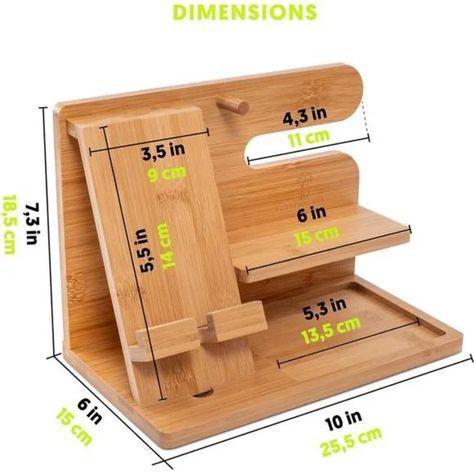
• Students learn about different materials like wood, metals, plastics, and textiles, including their properties, strengths, weaknesses, and suitable applications
• Students learn practical skills such as woodworking, metalworking, sewing, welding, and using various tools and machinery to shape, join, and finish materials
• Understanding the environmental impact of material choices, production processes, and the lifecycle of products
• Safety practices and guidelines for working with different materials and tools
Assessment
• Resistant Materials Mock Exams
• Product Design Mock Exams
Summer Term
Topic
• Revision Work Covered
• Revision
Key Skills
• Revision Assessment
• Revision
• Exterminal examinations and assessment
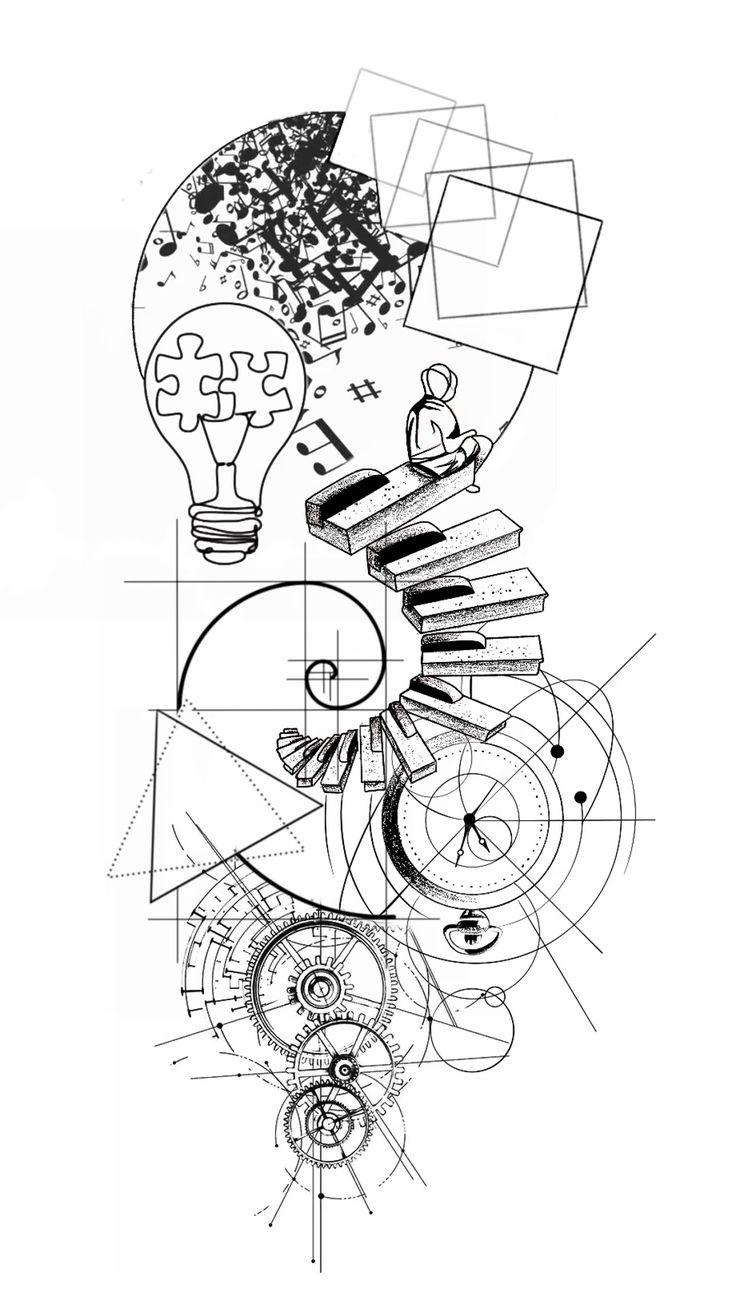
• Pearson Edexcel
• Completion of Component 1 Devised Performance & Portfolio + Component 2 Performance from Text
• Final rehearsals and performance of devised piece.
• Completion of six-question written portfolio reflecting the devising process.
• Preparation and performance of group and individual scripted extracts.
• Exploration of stimulus, characterisation, structure, style, practitioner influence, and theatrical conventions.
Students will be assessed on:
• AO1: Creation and development of ideas.
• AO2: Application of theatrical skills in live performance.
• AO4: Analysis and evaluation of own work.
Students will develop:
• The ability to devise dramatically effective material from a stimulus.
• The ability to create and refine their own role within a devised piece.
• The ability to interpret and perform scripted material with clarity and impact.
• The ability to communicate artistic intentions to an audience.
Assessment
Devised Performance & Portfolio:
• Internally assessed and externally moderated.
• Contributes 40% of the overall GCSE Drama qualification (Component 1).
Performance from Text:
• Two extracts performed recorded.
• Internally assessed, externally moderated.
• Contributes 20% of the overall GCSE Drama qualification (Component 2)
Topic
• Bringing Text to Life & Live Theatre Evaluation
• In-depth exploration of a set play (e.g. DNA by Dennis Kelly).
• Character objectives, subtext, blocking, tension, spatial awareness, and playwright intentions.
• Attendance and analysis of a professional theatre performance (Red Carpet Night).
• Development of live theatre evaluation skills.
Students will be assessed on:
• AO3: Demonstrating knowledge and understanding of how drama and theatre is developed and performed.
Students will develop:
• The ability to interpret dramatic texts through performance and design choices.
• The ability to analyse live theatre using appropriate drama terminology.
• The ability to evaluate how actors, directors, and designers communicate meaning.
Assessment
• Practice written responses on set play and live theatre.
• Preparation for final written exam in Summer Term.
Topic
• Written Examination Preparation & Technique Consolidation
Work Covered
Consolidation of exam technique across two key areas:
Bringing Text to Life:
• Performance, directing, and design choices for the set play.
Live Theatre Evaluation:
• Analysis of professional performance attended in course.
• Revision of DNA and reflective writing on live theatre.

Students will be assessed on:
• AO3: Knowledge and understanding of drama and theatre development and performance.
Students will develop:
• The ability to express advanced understanding of dramatic interpretation.
• The ability to reflect, analyse, and evaluate rehearsal and performance processes.
• The ability to write clearly and analytically under timed conditions.
Written Examination (1 hour 45 minutes)
• Externally assessed.
• Contributes 40% of the overall GCSE Drama qualification (Component 3).
• Covers analysis of the set play and evaluation of live theatre.m.

• Cambridge International Education
Topic
• Literature: Drama text study (A Streetcar Named Desire)
• Paper Two English Language Skills
• In Literature, students will begin studying the play, A Streetcar Named Desire, and will learn about the cultural, social, historical and political context surrounding the play. They will learn about the conventions of the Southern Gothic, Williams’ use of plastic theatre and the role of the tragic hero.
• In Language, students will begin to prepare for the Paper 2 IGCSE questions, both directed writing and composition. They will learn the conventions of different writing forms such as formal letters, speeches, journal entries and articles. They will also learn the components of descriptive and narrative writing and will explore a range of methods to create engaging and effective answers.
• Inference
• Analysis
• Evaluation
• Comprehension
• Annotation
• Revision skills
• Research
• Working under timed conditions Assessment
• One essay on an extract from the text.
• One mini-paper two style test.
Topic
Term

• Unseen Literature and Recap of Poetry and Prose
• Paper 1 and Paper 2 English Language Skills
• In Literature, students will explore the unseen paper and will learn how to respond to a range of poems and extracts which they have not previously studied. They will work on timed essay practice. They will also revise the set poems and prose text.
• In Language, the students will cover the Language IGCSE questions, and each class will follow a bespoke programme according to their strengths and weaknesses within their earlier responses. Teachers will revisit the skills needed to succeed in each question, and students will work on their ability to work efficiently and effectively under timed exam conditions.
• Essay writing skills
• Responding to unseen texts
• Revision skills
• Comprehension
• Inference
• Analysis
• Evaluation Assessment

• One unseen paper essay. One poetry and prose paper.
• One full Language paper one. One full Language paper two.
Summer Term
Topic
• Revision Work Covered
• Revision
Key Skills
• Revision Assessment
• Revision
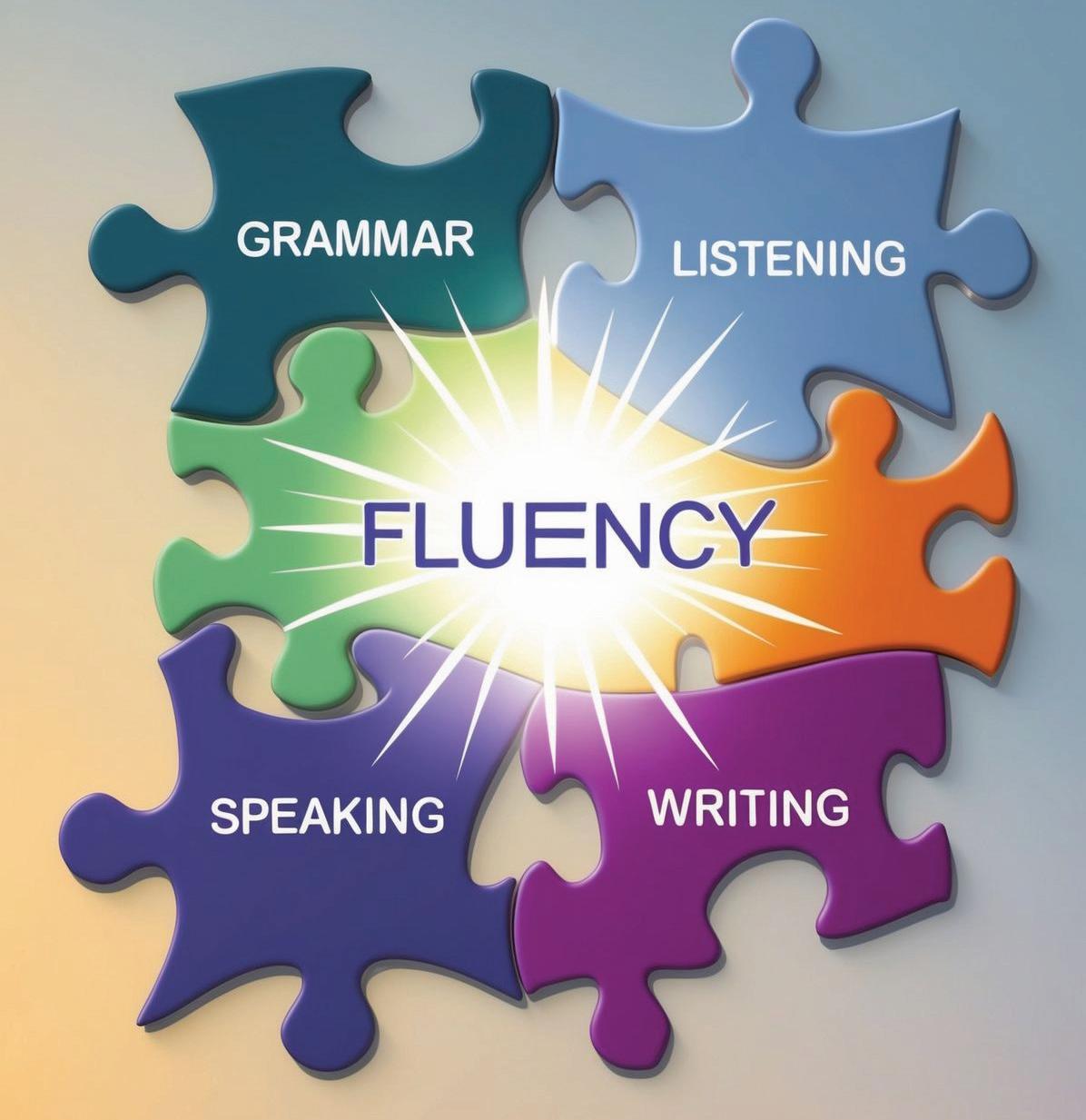
• Cambridge International Education
Michaelmas Term
Topic
• Technology
• Environmental issues
Work Covered
• Students practise and develop their language skills through the topic of Technology. They read, discuss, and write about modern technology, its role in daily life, and online safety. They also explore predictions about future technological advances and discuss how likely these are to happen.
• Students explore key environmental issues, including alternative energy sources, climate change, and global warming.
• Language focus: quantifying phrases, phrasal verbs
Key Skills
• Reading (skimming and scanning) and listening Comprehension
• Writing: Informal email, article, essay, report, review and note-making
• Speaking: Exam style speaking practice
Assessment
Formal assessments of speaking, listening, reading and writing take place every half term.
Lent Term
Topic
• Exam skills and preparation
Work Covered
• Students focus on developing effective exam strategies, including time management, understanding question types, revision techniques, and stress management to support exam success.
• Language focus: Tenses, linking words, sentence starters.
Key Skills
• Reading (skimming and scanning) and listening Comprehension
• Writing: Informal email, article, essay, report, review and note-making
• Speaking: Exam style speaking practice
Mock Examinations:
• Paper 1 – Reading and Writing
• Paper 2 – Listening
• Paper 3 – Speaking Topic
Summer Term
• Revision Work Covered
• Revision
Key Skills
• Revision Assessment
External examinations
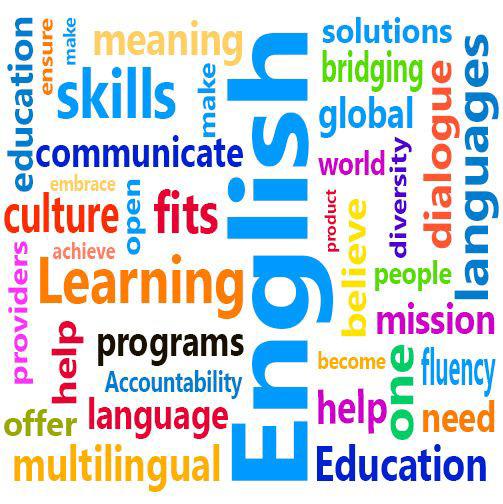
• Cambridge International Education
Topic
• 1. Les études
• 2. Le monde du travail
• 3. Média et internet
• 4. Tourisme – Les vacances
• 5. Relations sociales – la solidarité
Work Covered
• - Importance of education
• - Alternative schooling
• - Become a volunteer
• - Job interview
•
• - Working in hospitality
• - Work from home
• - How to use technology
Key Skills
AO1 - Knowledge and understanding of:
• - Expressing the aim
• - Expressing the hypothesis
• - Expressing cause and consequences
• - Expressing the place
• - Nuancing a comparison
Grammar
• - Emojis
• - Never without my mobile and screen addiction
• - Les infox
• - Different destinations
• - Tourist destinations to ban
• - Hiking
• - Traveling without leaving home
• - Extreme expeditions
• - La concordance des temps (imparfait, plus-que-parfait, conditionnel présent et passé)
• - Infinitif et infinitif passé
• - Verbes déclaratifs
• - Expression du temps dans le discours rapporté

• - Concordance des temps (présent, passé composé, futur simple, futur antérieur, impératif)
Assessment
• Continuous formative assessments
• End of module assessments

• 6. Santé – Physical and mental wellbeing
• 7. La langue francaise - Evolution
• Revision DELF exam + IGCSE Speaking exam
Work Covered
Key SkillsGrammar
Topic
• Gender equality Assessment
• Continuous formative assessments
• End of module assessments
• IGCSE revision period + exams
Work Covered
Key SkillsGrammar
Topic
Assessment
• Continuous formative assessments
• End of module assessments

• International Pearson Edexcel
• Theme 3: Economic development
• Theme 4: Geographical skills and investigations (Current Year 11)
• Topic 4 & 5: Rural Environments & Fragile Environments & Climate Change (New Spec)
Work Covered
• 3.1 Development
• 3.2 Food production
• 3.3 Industry
• 3.4 Tourism
• 4.1 Geographical and mathematical skills
• 4.2 Geographical investigations – fieldwork
• 5.1 Rural environments are natural ecosystems that are exploited by human activities
• 5.2 Rural environments have contrasting physical, social and economic characteristics and are experiencing significant changes.
• 5.3 Rural environments need to adapt to be socially, economically and environmentally Sustainable
• 7.1 Fragile environments are under threat from desertification, deforestation and global climate change
• 7.2 There are various impacts of desertification, deforestation and climate change on fragile environments
• 7.3 The responses to desertification, deforestation and climate change vary depending on a country’s level of development
AO1 - Knowledge and understanding of:
• physical processes, including human actions
• the relationships between human activity and the environment
• the importance of scale (local, regional or global)
• the changes which occur through time and across spatial distributions
AO2 - Skills and analysis
• interpret and analyse data
• apply geographical knowledge to maps, graphs, photos
• recognise patterns in data
• select and use techniques for organising and presenting data.
AO3 – Judgement and decision making
• reason and make judgements and decisions, including evaluation and conclusions
Consider:
(a) the physical and human contexts in which decisions are made
(b) the values and perceptions of differing groups or individuals
(c) the choices available to decision-makers
(d) the increasing level of global interdependence and the need for sustainable development
AO1 - Demonstrate knowledge of locations, places, processes, environments and different scale.
AO2 - Demonstrate geographical understanding of:
• concepts and how they are used in relation to places, environments and processes
• the interrelationships between places, environments and processes.
AO3 - Apply knowledge and understanding to interpret, analyse and evaluate geographical information and issues and to make judgements.
AO4 - Select, adapt and use a variety of skills and techniques to investigate questions and issues and communicate findings.
• Continuous assessment in class and regular exam practice.
• Two formal assessments per term.
• Theme 3: Economic development
• Theme 4: Geographical skills and investigations (Current Year 11)
• Human Geography Fieldwork – Urban Environments (New Year 11)
• 3.5 Energy
• 3.6 Water
• 3.7 Environmental risks of economic development
• 4.1 Geographical and mathematical skills
• 4.2 Geographical investigations – fieldwork
• Investigating the changing use of central/inner urban environments through primary and secondary evidence.
Primary - Quantitative

• e.g. (1) environmental quality survey, and a structured questionnaire, (2) urban land use survey
• Qualitative e.g. (1) annotated photographs showing evidence of changing rural environments, (2) interviews with different stakeholders
• Secondary - (1) A local report (paper or digital) into an aspect of change in an urban area and community, (2) local secondary data on urban change from development, e.g. historic maps and images.
AO1 - Knowledge and understanding of:
• physical processes, including human actions
• the relationships between human activity and the environment
• the importance of scale (local, regional or global)
• the changes which occur through time and across spatial distributions
AO2 - Skills and analysis
• interpret and analyse data
• apply geographical knowledge to maps, graphs, photos
• recognise patterns in data
• select and use techniques for organising and presenting data.
AO3 – Judgement and decision making
• reason and make judgements and decisions, including evaluation and conclusions
Consider:
(a) the physical and human contexts in which decisions are made
(b) the values and perceptions of differing groups or individuals
(c) the choices available to decision-makers
(d) the increasing level of global interdependence and the need for sustainable development
AO1 - Demonstrate knowledge of locations, places, processes, environments and different scale.
AO2 - Demonstrate geographical understanding of:
• concepts and how they are used in relation to places, environments and processes
• the interrelationships between places, environments and processes.
AO3 - Apply knowledge and understanding to interpret, analyse and evaluate geographical information and issues and to make judgements.
AO4 - Select, adapt and use a variety of skills and techniques to investigate questions and issues and communicate findings.
• Continuous assessment in class and regular exam practice. Two formal assessments per term.
• Guidance and regular monitoring of Fieldwork data, Presence during external fieldwork visits, exam practice applying collected data.
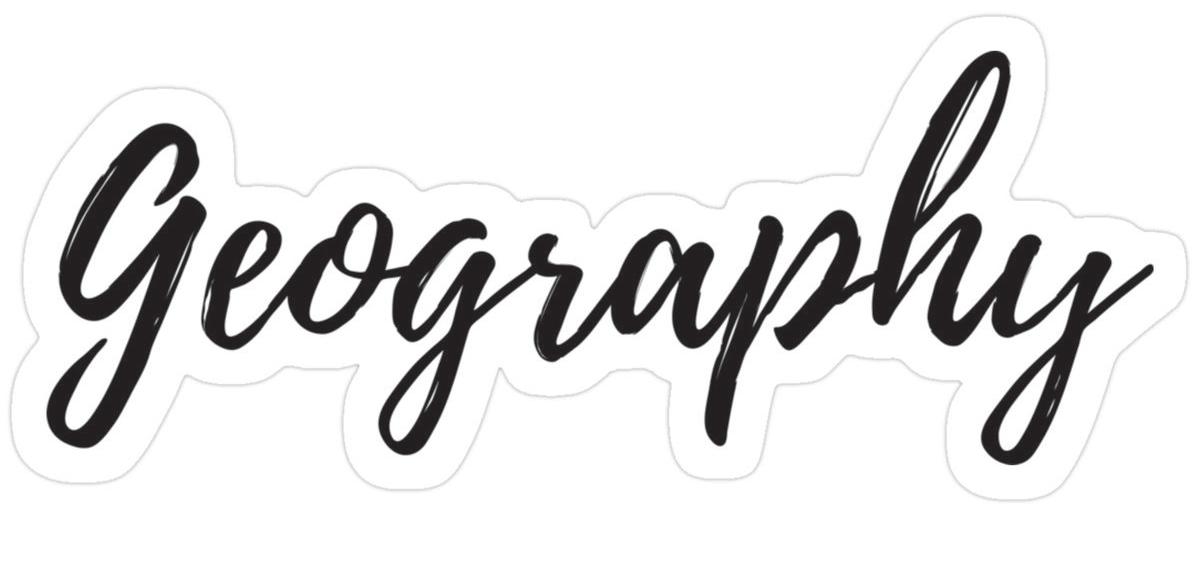
Topic
• IGCSE whole course revision and final exams
• Revision of whole course
Key Skills
• Revision skills
Assessment
Practise assessments and the final external examinations


• International Pearson Edexcel
Michaelmas Term
Topic
• A divided union: Civil Rights in the USA, 1945-74
Work Covered
• The Red Scare and McCarthyism
• Civil rights in the 1950
• The impact of civil rights protests, 1960–74
• Other protest movements: students, women, anti–Vietnam
• Nixon and Watergate
Key Skills
In this Paper 1 topic pupils will:
• gain knowledge and understanding of the key features and characteristics of historical periods
• develop skills to analyse and evaluate historical interpretations in the context of historical events studied
• develop skills to explain, analyse and make judgements about historical events and periods studied, using second-order historical concepts.
Assessment
Continuous assessment in class and regular exam practice. Two formal assessments per term.
Lent Term
Topic
• China: Conflict, crisis and change, 1900-89
Work Covered
• The fall of the Qing, Warlordism and chaos, 1900–34
• The triumph of Mao and the CCP, 1934–49
• Change under Mao, 1949–63
• The Cultural Revolution and its impact, 1965–76
• China, 1976–89
In this Paper 2 topic pupils will:
• gain knowledge and understanding of the key features and characteristics of historical periods
• develop skills to explain, analyse and make judgements about historical events and periods studied, using second-order historical concepts
• learn how to use a range of source material to comprehend, interpret and cross-reference sources
• develop skills to analyse and evaluate historical interpretations in the context of historical events studied.
Assessment -
• IGCSE whole course revision and the final exam.
• Revision of the whole course
Key Skills
• Revision skills
Assessment
Practice assessments and the final exam

• International Pearson Edexcel
Michaelmas Term
Topic
• Home, personal life and relationship
Work Covered
• Home life
• Custom
• House and home
• Daily Routine and Helping at home
Key Skills
• Role Models
• Relationships
• Childhood
• Childhood
• Listening: Understand main points, specific information and details on topic of Home, personal life and relationship
• Speaking: Participate in unprepared conversations on the topic of Home, personal life and relationship and express personal opinions.
• Reading: Understand authentic texts on Home, personal life and relationship and be able to answer related questions.
• Writing: Write longer texts to describe personal and social life using Assessment
• Weekly Vocabulary Test
• End of Unit Assessment
Lent Term
Topic
• Social activities, fitness and health
Work Covered
• Special Occasions
• Hobbies, interests, sports and exercise
• Shopping and money matters
• Accidents, injuries, common ailments and health issues
• Food and Drinks
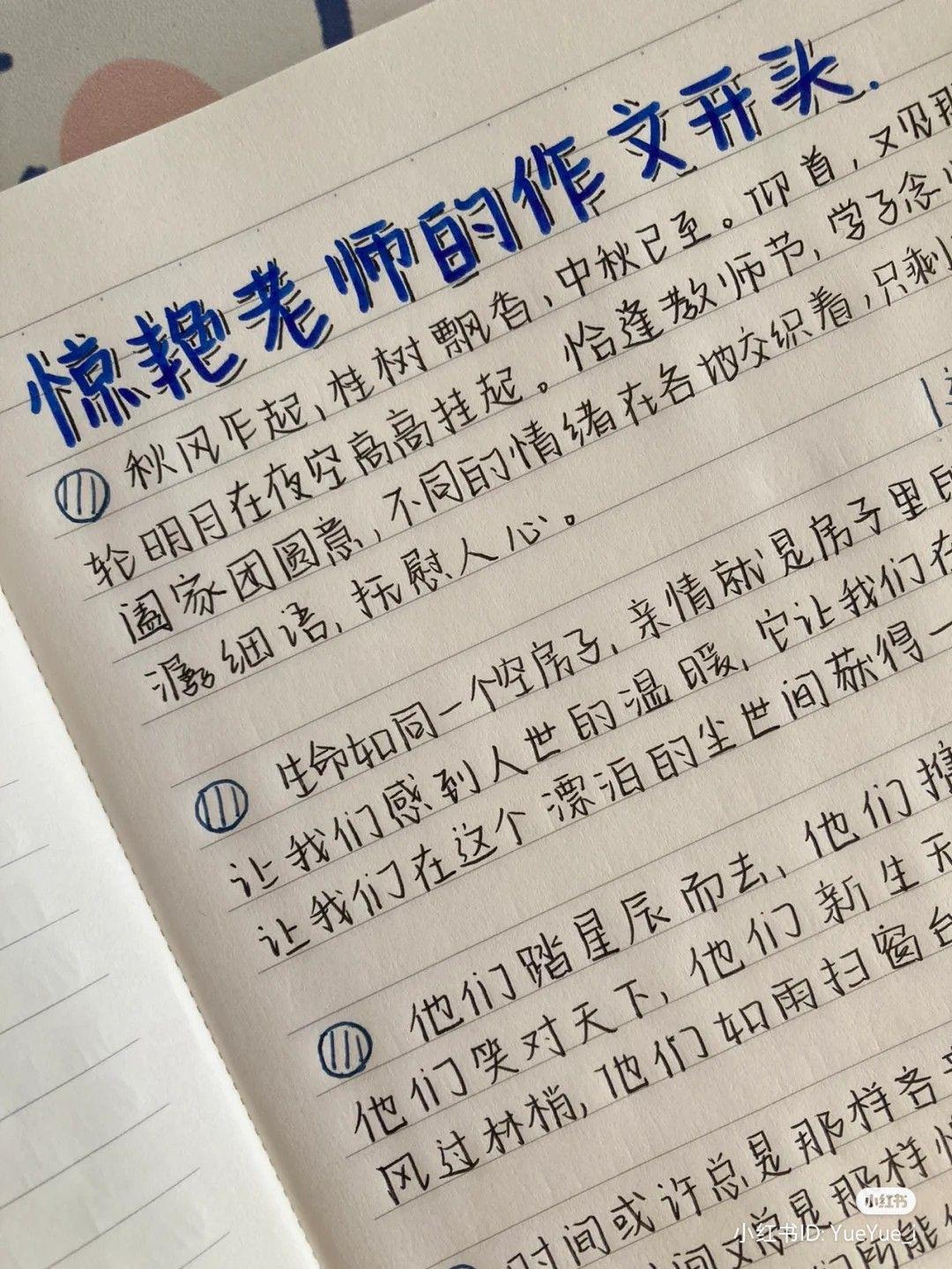
• Listening: Understand main points, specific information and details on topic of Social activities, fitness and health.
• Speaking: Participate in unprepared conversations on the topic of the world around us and show critical thinking. Practise exam skills and techniques to be fully prepared for the IGCSE Speaking Exam.
• Reading: Understand authentic texts about Social activities, fitness and health and be able to answer related questions.
• Writing: Write longer texts to justify opinions regarding Social activities, fitness and health issues.
Assessment
• Weekly Vocabulary Test
• End of Unit Assessment
• Y11 Mock Exam
Summer Term
Topic
• Revision and Exam Practise
Work Covered
• Fill in the gap from mock exam
• Review all topics students have covered in Y10
• Intense exam practise of listening, reading and writing.
Key Skills
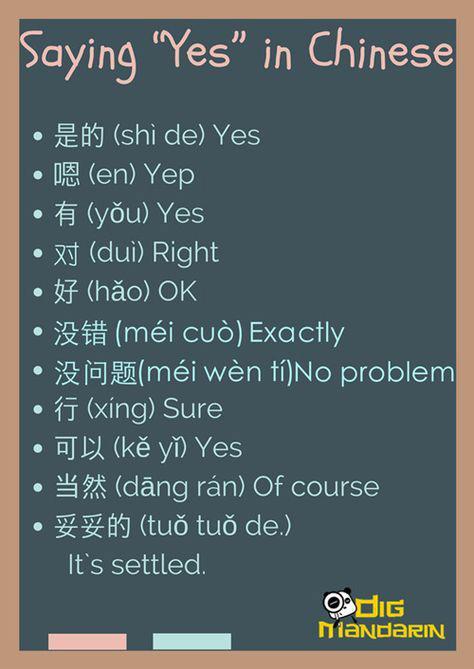
• Listening: Understand different types of questions in the listening exam. Practice effective exam techniques when approaching listening questions.
• Reading: Understand different types of questions in the reading exam. Practice effective exam techniques when reading article in the exam.
• Writing: Understand different types of questions in the reading exam. Practice effectively responding to various types of questions in Chinese characters.
Assessment
• Mock exam
• Cambridge International Education
• Unit 5 Virtues and attitudes to studying 格物致知
• Unit 6 Chinese philosophers 诸子百家
Work Covered
• 《蜜蜂的赞美》- Praise of Bees
• 《一件小事》- A Small Incident
• 《论语》- The Analects
• 《想与做》- Thinking and Doing
• 《发问的精神》- The Spirit of Inquiry
• 《青少年的想和做》- The Thoughts and Actions of Teenagers
• 《项脊轩志》- The Record of Xiangji Pavilion
• 《曹刿论战》- Cao Gui's Discussion of Warfare
• 《卖柑者言》- Words of the Orange Seller
• 《左传》- The Commentary of Zuo
• 《颜氏家训》- The Family Instructions of Yan
• 《师说》- On the Teacher
• 《劝学》- Encouragement to Learn

• Writing practice:Write an essay describing your observations and stating your opinion.
Key Skills
• Understanding the meaning behind objects,
• Using the method of reasoning from the specific to the general.
Assessment
End of Unit Assessment
Topic
• Unit7 Happiness & Unit8 Everyday life 快乐源泉&生活小百科 Lent Term
Work Covered
• Narrative 描写与叙述
• Argumentative 议论与讨论
• Directed writing and classical Chinese 指导写作及文言文
• Past paper 历年真题
Key Skills
• Understanding the meaning and usage of particles in Classical Chinese.
• Understanding the definitions and artistic effects of detailed and concise writing.
• Understanding definition explanation, citation explanation, comparison explanation, metaphorical explanation.
• Understand and distinguish the arguments and evidence of the article.
Assessment
• End of Unit Assessment and Y11 Mock Exam
Summer Term
Topic
• General Revision 总复习
Work Covered
• Reading concepts
• Read various types of articles
• Select, analyze, and apply information
• Write summaries
Key Skills
• Develop reading skills
• Develop writing skills
Assessment
IGCSE Examination
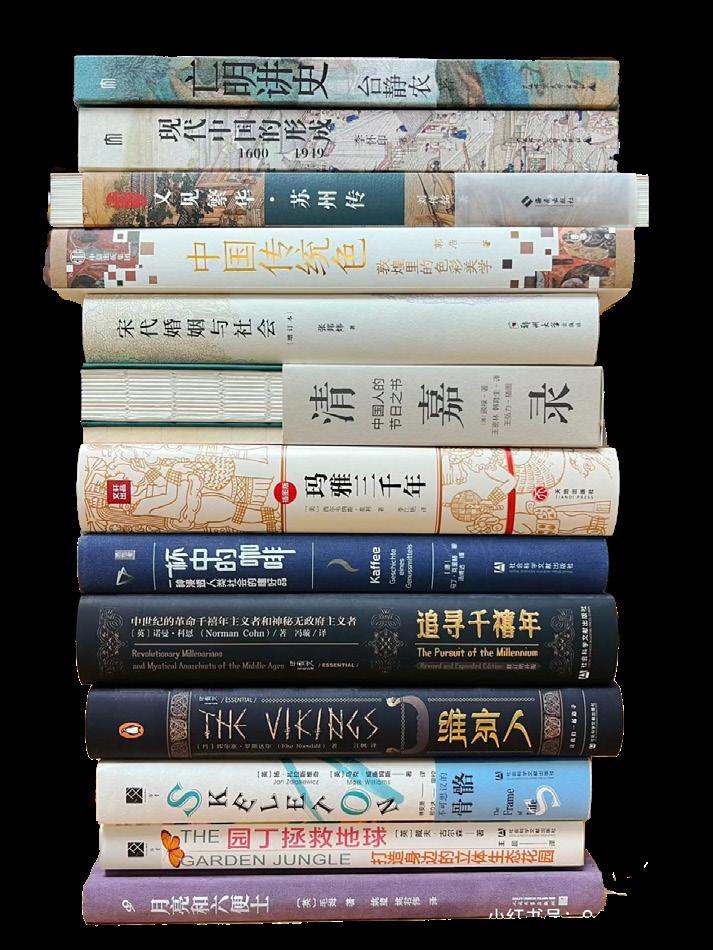
• Classical Chinese literature
• Discussion essays and argumentative essays
• Descriptive essays and narrative essays
• International Pearson Edexcel
Topic
• Number
• Algebra
• Geometry
• Statistics
Work Covered
• Cubic, reciprocal, and trigonometric graphs
• Gradients of curves, solving equations graphically
• Direct and inverse proportion
• Quadratic simultaneous equations
• Bounds and surds
• Fractional and negative indices
• Rearranging formulae
• Algebraic proof
• Circle geometry (sectors, circle theorems)
• Histograms and cumulative frequency diagrams
• Parallel and perpendicular lines
• Completing the square and quadratic equations
• Surface area and volume of cones and
• Applying algebraic techniques to manipulate equations and expressions
• Constructing and interpreting non-linear graphs
• Using bounds, indices, and surds for accuracy in problem solving
• Building fluency in proof and reasoning
• Applying circle theorems to solve angle problems
• Analysing data using histograms and cumulative frequency graphs
Assessment
• Constant formative, end of topic assessments, past papers.
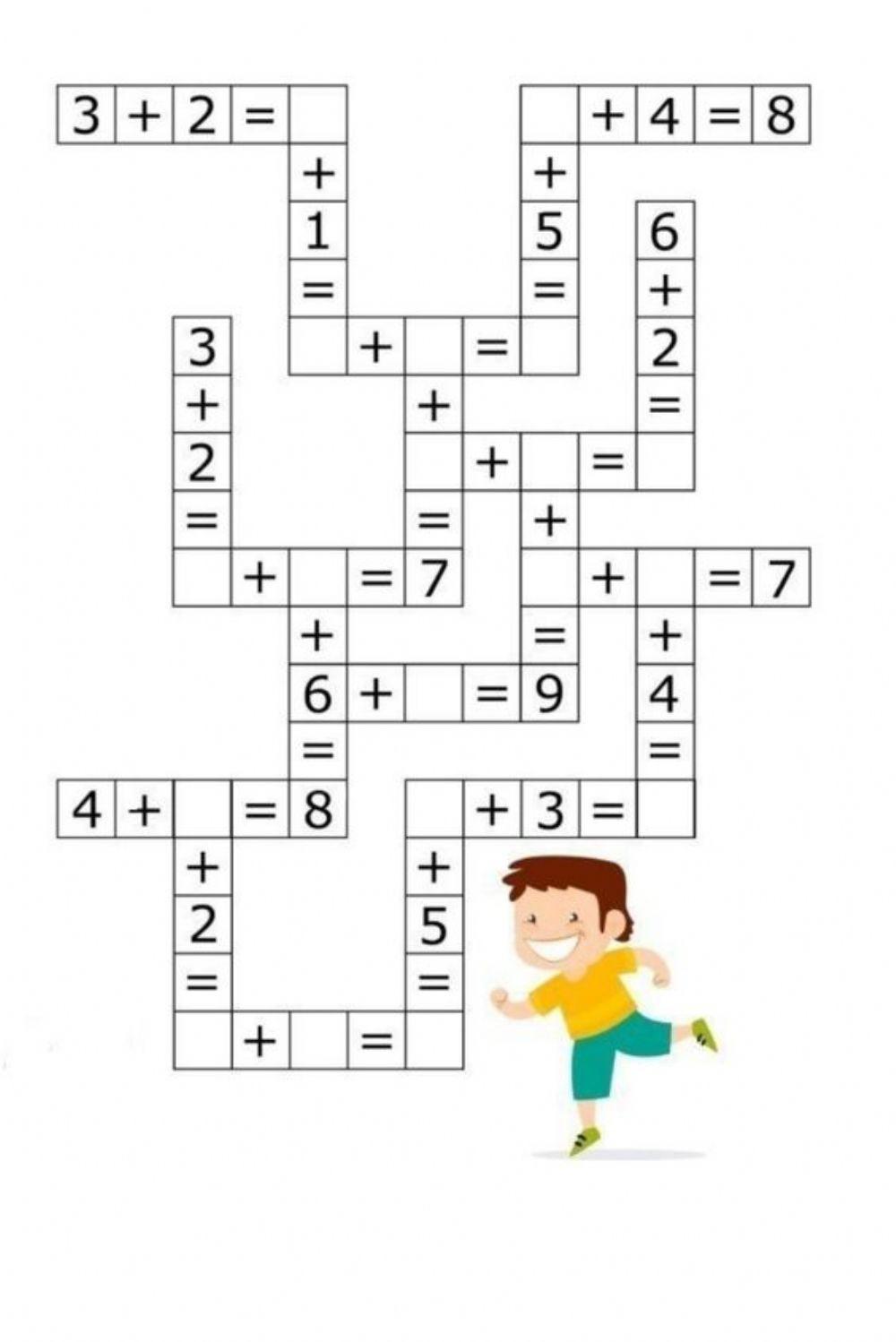
Topic
• Geometry
• Algebra
• Calculus
• Probability
Work Covered
• Sine rule, cosine rule, and area of a triangle
• Circle theorems (further applications)
• Conditional probability
• Similarity in 2D and 3D
• Pythagoras’ theorem and trigonometry in 3D
• Functions (domain, range, composite and inverse functions)
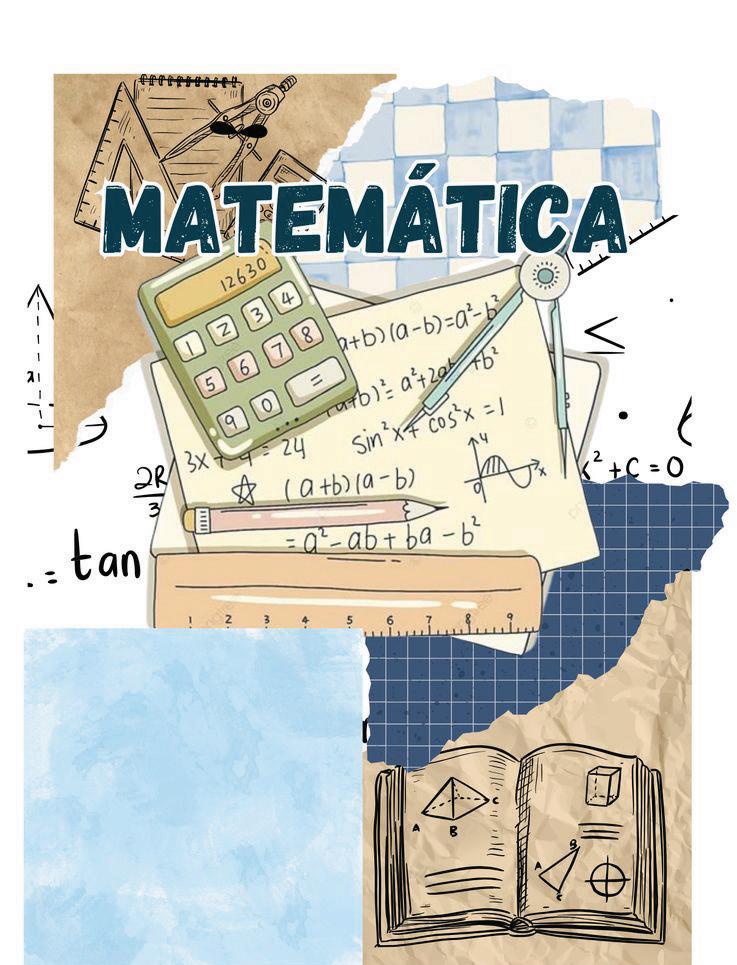
• Differentiation (gradients, stationary points, optimisation, kinematics)
• Sequences and series
• Quadratic graphs and inequalities
• Trigonometric graphs and transformations
Key Skills
• Solving geometric problems in 2D and 3D using trigonometry
• Constructing and reasoning with algebraic and geometric proofs
• Analysing probability scenarios using conditional probability
• Understanding and using functions notation
• Applying differentiation to problem solving
• Interpreting and sketching trigonometric graphs and transformations
Assessment
• Mock Exam (February)
• Constant formative and Prep tasks
Topic
• Vectors, Exam Preparation
Work Covered
• Vector notation, addition, scalar multiplication
• Vector geometry and proofs
• Consolidation of all Year 10–11 content
• Intensive revision and exam practice
Key Skills
• Applying vectors in geometry and proof
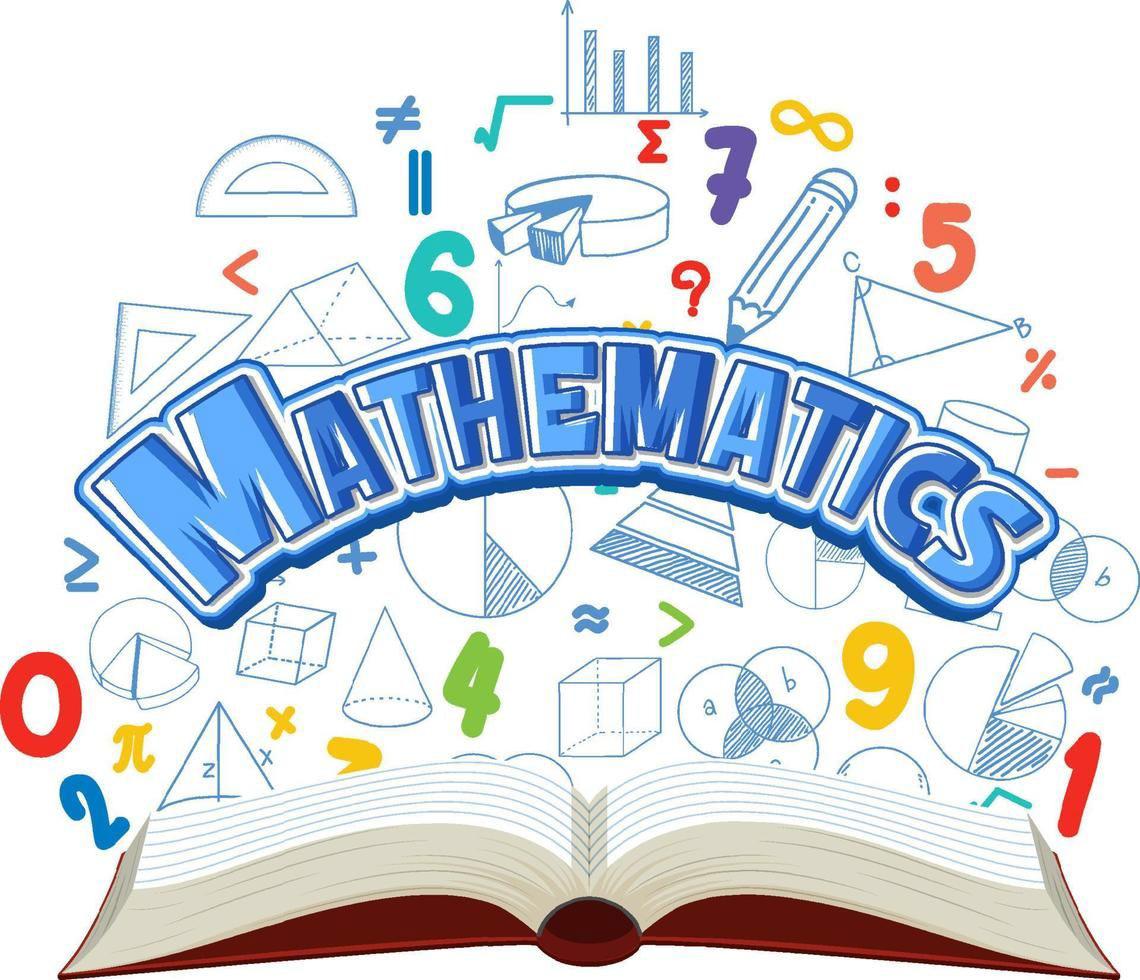
• Synthesising knowledge across algebra, geometry, number, statistics, and probability
• Solving multi-step unfamiliar problems under exam conditions
Assessment
• End of Unit assessments, IGCSE Examinations
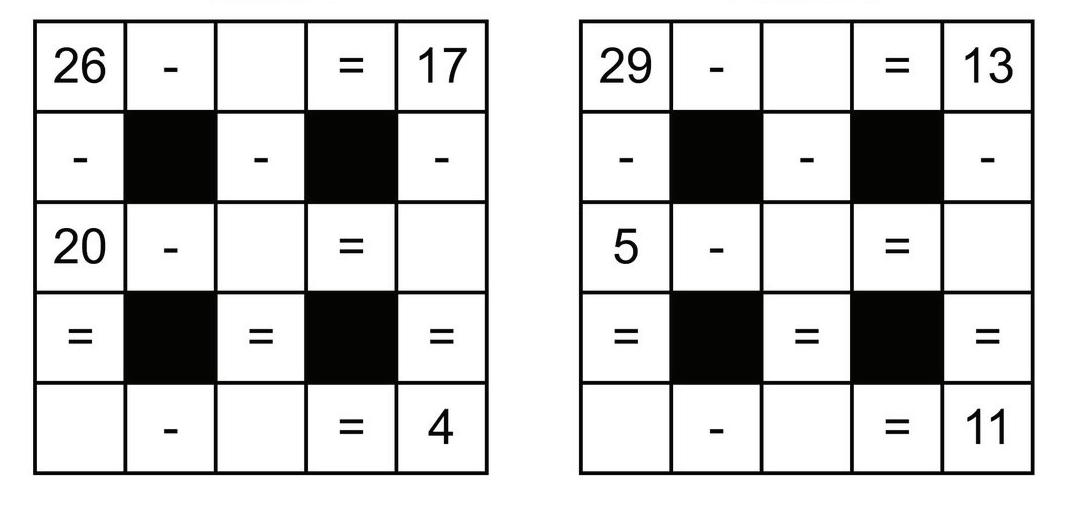
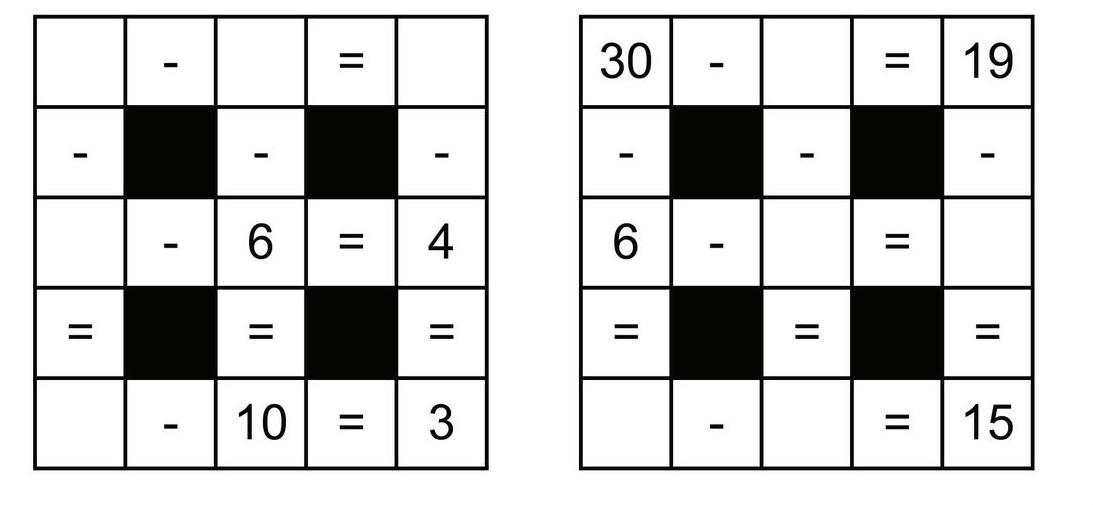
• Cambridge International Education
Michaelmas Term
Topic
• Circular Measure
• Advanced Trigonometry
• Coordinate Geometry of the Circle
Work Covered
• Radian measure, arc length, sector area. [add]
• Trigonometric identities, solving trigonometric equations, graphing trigonometric functions. [add]
• Equation of a circle, properties and graphs of circles. [add]
Key Skills
• Solving problems concerning arcs, chords and sectors using radian measure.
• Use the unit circle to describe graphs of trigonometric functions and simplifying expressions.
• Understanding and using the equation of a circle, graphing circles.
Assessment
• Constant formative, homework and end of topic assessments.
Topic
• Differentiation
• Integration Lent Term
Work Covered
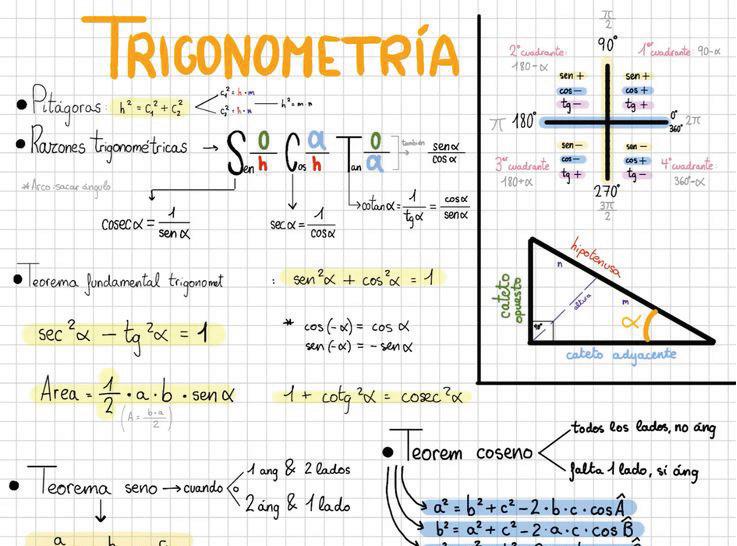
• Derivatives of functions, product and quotient rules, chain rule, applications [add]
• Indefinite and definite integrals, applications in areas and volumes. [add]
• Comprehensive review of all topics, practicing past papers, exam strategies. [add]
Key Skills
• Introduction to differentiation, derivatives of standard functions, product and quotient rules, chain rule, applications.
• Introduction to integration, indefinite and definite integrals, applications of integration.
• Consolidating knowledge, problem-solving skills, exam techniques.
Assessment
• Constant formative, homework and end of topic assessments.
Summer Term
Topic
• Revision
Work Covered
• Revision
Key Skills
• Revision techniques
Assessment
• IGCSE and Additional exams
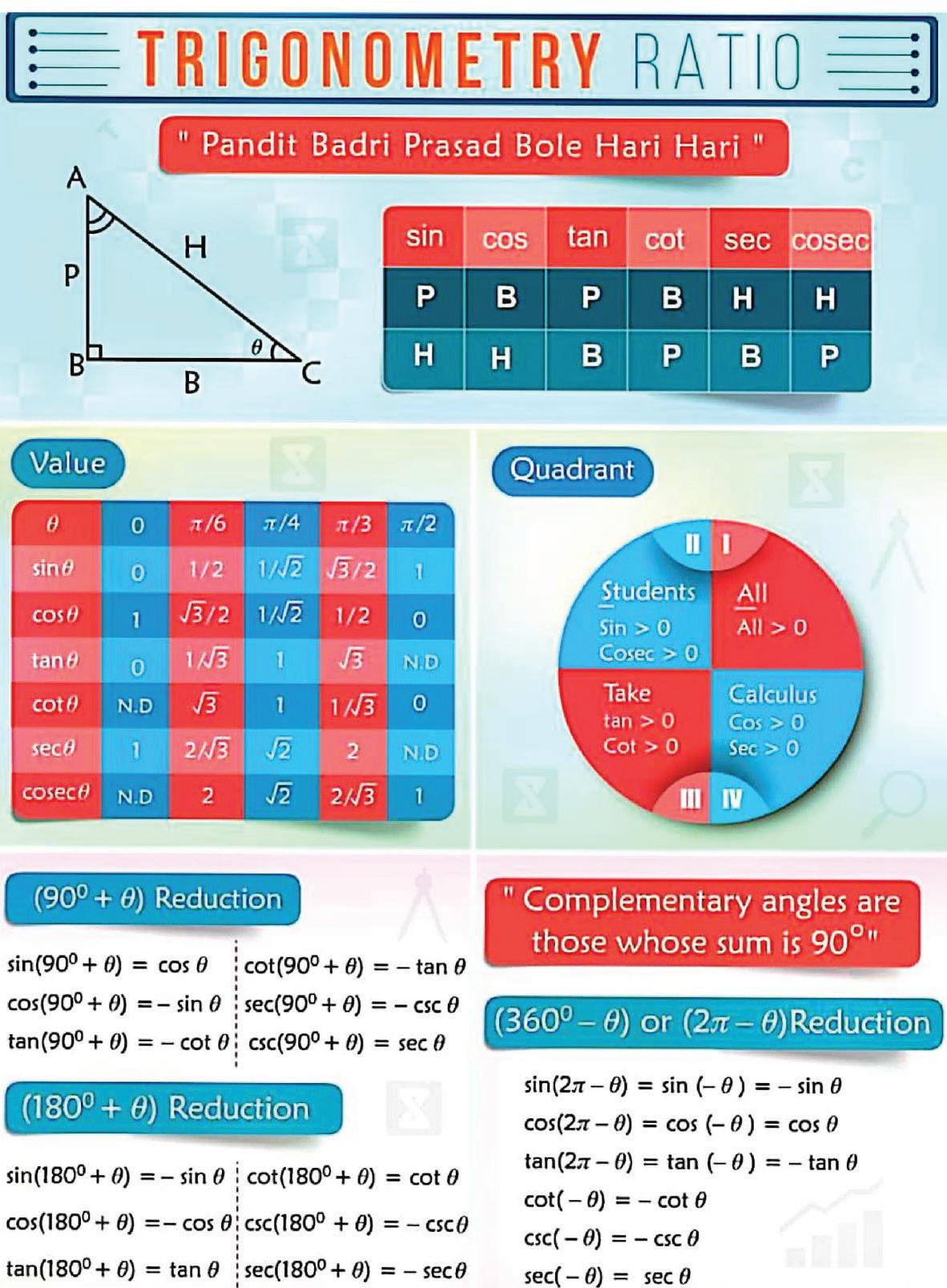
• Cambridge International Education
Topic
• Listening Paper and Practical
Work Covered
• Students will study the most common musical features, characteristics, composers and changing instrumentation of the Baroque, Classical and Romantic eras. They will also look in depth and the most common forms and structures of the eras including Minuet and Trio and Theme and Variation.
Key Skills
• Performing, Composing, Listening, Theory and Responding.
Assessment
• 1 Solo piece
• 1 Ensemble piece
• 2 Compositions
• Unit revision quizzes and past papers
Topic
• Listening Paper and Practical
Work Covered
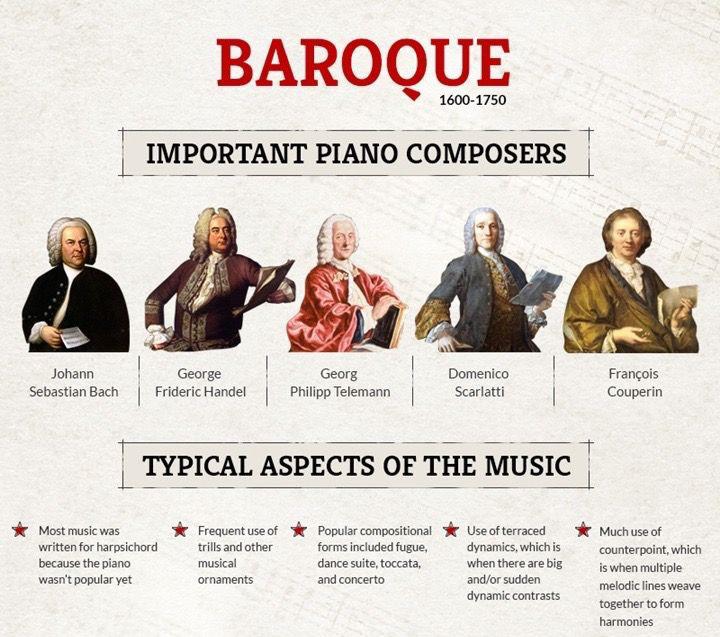
• Students will explore the musical features of Jazz along with links to the Baroque period and Ground Bass.
• Keeping to the theme of repetition, students will finish the term studying various world music genres.
Key Skills
• Performing
• Composing
• Listening
• Theory and Responding
Assessment
• 1 Solo piece (Final Recording)
• 1 Ensemble piece (Final Recording)
• 2 Compositions. (Final Recording)
• Unit revision quizzes and past papers
Summer Term
Topic
• Revision
Work Covered
• All topics
Key Skills
• Listening
• Theory and Responding
• Revision skills and examination practices
Assessment
• Past papers
• IGCSE external examinations

• Cambridge International Education
Michaelmas Term Topic
• Skill Acquistion
• Psychology
Work Covered
• Skill & Ability
• Classification of skills
• Information processing
• Feedback
• Guidance
• Goal – Setting
• Motivation
• Arousal
• Anxiety
• Relaxation Techniques
• Personality types
Key Skills
• Interpretations of examination questions

• Application of knowledge and information to practical situations
• Development of answers in response to key terms: Define, Describe, Explain etc
Assessment
Practical assessment of sports:
• Swimming
• Golf
• Basketball
• Badminton
• Weight Training for Fitness
Academic assessment:
• Unit & Topic tests
• End of term Assessment
Topic
• Social, Cultural & Ethical Influences
Work Covered
• Leisure & Recreation
• Development Pyramid
• Access
• Sponsorship
• Media
• Global Events
• Professional and Amateur performers
• Technology
• PEDs
• Blood Doping
• Risk and Injuries
• Sportsmanship and Gamesmanship
Key Skills
• Interpretations of examination questions

• Application of knowledge and information to practical situations
• Development of answers in response to key terms: Define, Describe, Explain etc
Assessment
Practical assessment of sports:
• Dance
• Football
• Other sporting options
Academic assessment
• Unit & Topic tests
• End of term Assessment
• Mock examination
Topic
• All topics covered from Year 10 and Year 11
Work Covered
• As above
Key Skills
• Revision processes
• Further examination practice Assessment
• Ongoing past papers for revision purposes
• IGCSE external examinations

• International Pearson Edexcel
Topic
• Forces and Motion
• Energy Work and Power
• Solids Liquids and Gases
Work Covered
• Momentum and its conservation
• Turning Forces
• Work and Power
• Conservation of energy
• Specific Heat Capacity
• Gas Laws
Key Skills
• Mathematical substitution
• Using concepts to solve problems

• Investigation Planning in familiar and unfamiliar contexts
• Interpreting, evaluating and displaying data in graphs and tables
• Interpretation of graphs
• Drawing Conclusions
Assessment
• Classwork, prep-work assessed to exam criteria, Controlled tests with Edexcel Examination Questions
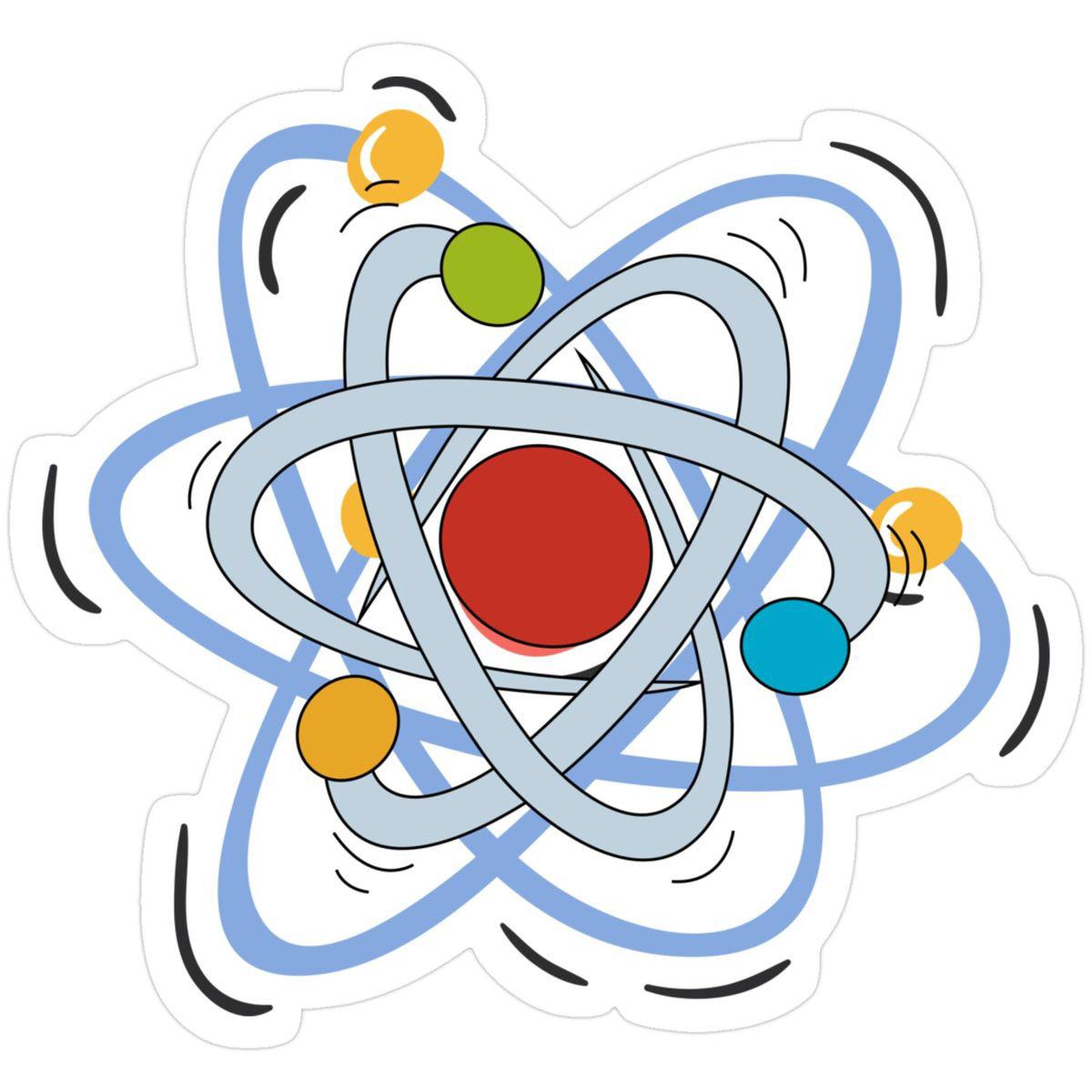
Topic
• Electromagnetism
• Radioactivity and Particles, Astrophysics
Work Covered
• Magnetic effects and applications
• Electric Motors and Electromagnetic Induction
• Atoms and radioactivity
• Radiation and Half-life
• Applications of Radiation
Key Skills
• Descriptions and explanations
• Mathematical substitution
• Interpreting data.
Assessment
• Classwork, prep-work assessed to exam criteria
• Controlled tests with Edexcel Examination
• Mock exams
Topic
• Revision
Work Covered
• Revision
Key Skills
• Exam technique Assessment
• Edexcel External examinations
• Paper - 1 2hrs
• Paper 2 - 1 hr 15mins
• Fission and Fusion
• Motion in the Universe
• Stellar Evolution
• Cosmology
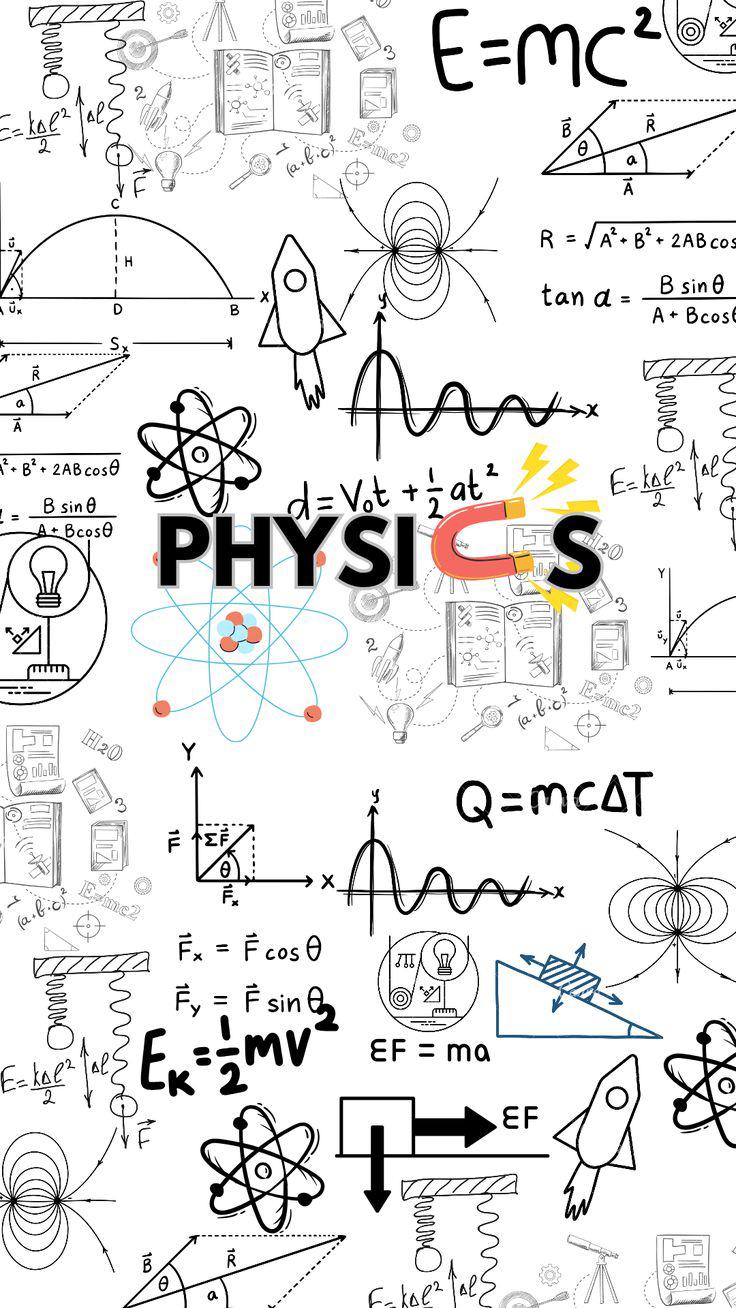
• Cambridge International Education
Topic
• Studying and working
Work Covered
• Spanish schools
• Further education and training
• Future career plans
• Employment
• Communication and technology at work
Key Skills
Listening:
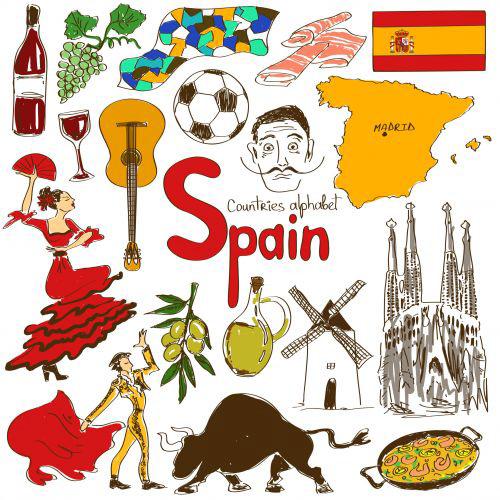
• Understand short recordings dealing with everyday needs
• Understand factual information and ideas from a range of sources
• Understand descriptions of events, opinions, emotions, hopes and ambitions in simple texts
• Identify main points, specific information and details on everyday topics
• Identify main points, themes, opinions, ideas, emotions and attitudes in predictable texts
• Deduce the meaning of occasional unknown words and expressions from the context
Reading:
• Understand short, simple texts
• Understand authentic texts on familiar topics and situations
• Understand descriptions of events, opinions, emotions, hopes and ambitions in simple texts
• Identify main points, specific information and details in predictable texts
• Identify main points, themes, opinions, ideas, emotions and attitudes in predictable texts
• Deduce the meaning of occasional unknown words and expressions from the context
Speaking:
• Participate in short social exchanges and
• communicate on familiar topics to meet simple needs
• Participate in unprepared conversations on familiar topics of personal interest or relevant to everyday life
• Describe past events and experiences, hopes and ambitions and give brief reasons for opinions and plans
• Communicate with reasonable accuracy, using a range of structures, tenses and vocabulary relevant to the given situation
• Use simple connectors (e.g. and, but, because, then) to link a series of shorter discrete elements into a connected sequence of points
• Use appropriate strategies to maintain interaction
• Use features of pronunciation and intonation to convey meaning and attitude
Writing:
• Fill in forms providing simple details
• Communicate simple factual information in writing using everyday vocabulary and expressions
• Write a series of simple phrases and sentences linked with simple connectors, relating to personal life, immediate environment and everyday topics (e.g. writing about a holiday)
• Write simple connected texts on familiar topics
• Describe past events and experiences, opinions, hopes and ambitions and give brief reasons for opinions and plans
• Communicate with reasonable accuracy, using a range of structures, tenses/time frames and vocabulary
Assessment
Mock exam all skills
Lent Term
Topic
• The International Perspective
Work Covered
• International travel
• Weather on holiday
• Festivals and faiths
• International menus
• Environmental problems
Key Skills
Listening:
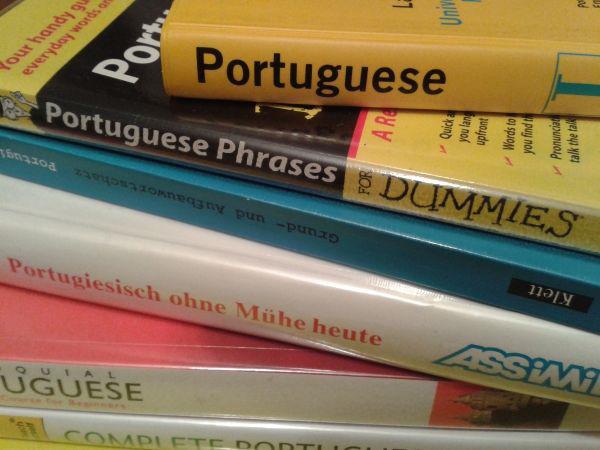
• Understand short recordings dealing with everyday needs
• Understand factual information and ideas from a range of sources
• Understand descriptions of events, opinions, emotions, hopes and ambitions in simple texts
• Identify main points, specific information and details on everyday topics
• Identify main points, themes, opinions, ideas, emotions and attitudes in predictable texts
• Deduce the meaning of occasional unknown words and expressions from the context
Reading:
• Understand short, simple texts
• Understand authentic texts on familiar topics and situations
• Understand descriptions of events, opinions, emotions, hopes and ambitions in simple texts
• Identify main points, specific information and details in predictable texts
• Identify main points, themes, opinions, ideas, emotions and attitudes in predictable texts
• Deduce the meaning of occasional unknown words and expressions from the context
Speaking:
• Participate in short social exchanges
• Communicate on familiar topics to meet simple needs
• Participate in unprepared conversations on familiar topics of personal interest or relevant to everyday life
• Describe past events and experiences, hopes and ambitions and give brief reasons for opinions and plans
• Communicate with reasonable accuracy, using a range of structures, tenses and vocabulary relevant to the given situation
• Use simple connectors (e.g. and, but, because, then) to link a series of shorter discrete elements into a connected sequence of points
• Use appropriate strategies to maintain interaction
• Use features of pronunciation and intonation to convey meaning and attitude
Writing:
• Fill in forms providing simple details
• Communicate simple factual information in writing using everyday vocabulary and expressions
• Write a series of simple phrases and sentences linked with simple connectors, relating to personal life, immediate environment and everyday topics (e.g. writing about a holiday)
• Write simple connected texts on familiar topics
• Describe past events and experiences, opinions, hopes and ambitions and give brief reasons for opinions and plans
• Communicate with reasonable accuracy, using a range of structures, tenses/time frames and vocabulary
Assessment
Mock exam - all skills
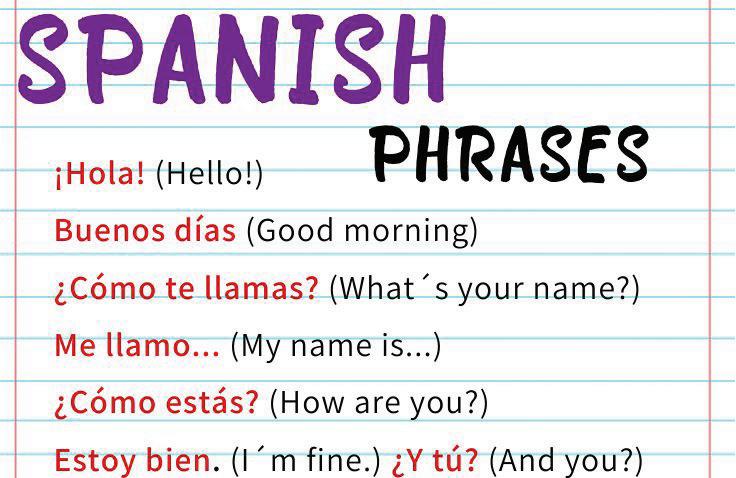
• Revision - Year 10 and Year 11 topics
Covered
Introduce myself:
• My home
• My school
• My eating habits
• My body and health
My family and my friends, at home and abroad:
• Self, family, pets, personal relationships
• Life at home
• Leisure, entertainments, invitations
• Eating out
• Special occasions
• Going on holiday
• Family and friends abroad
Where I live and what it’s like:
• Home town and geographical surroundings
• Shopping
• Public services
• Natural environment
• Weather
• Finding the way
• Travel and transport
Studying and working:
• Spanish schools
• Further education and training
• Future career plans
• Employment
• Communication and technology at work
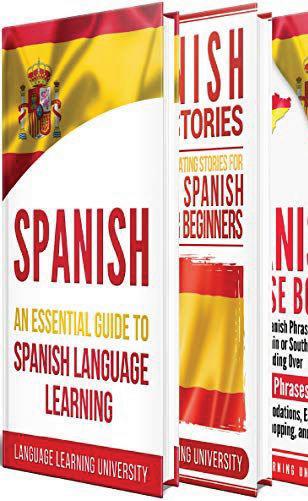
The International Perspective:
• International travel
• Weather on holiday
• Festivals and faiths
• International menus
• Environmental problems
Listening:
• Understand short recordings dealing with everyday needs
• Understand factual information and ideas from a range of sources
• Understand descriptions of events, opinions, emotions, hopes and ambitions in simple texts
• Identify main points, specific information and details on everyday topics
• Identify main points, themes, opinions, ideas, emotions and attitudes in predictable texts
• Deduce the meaning of occasional unknown words and expressions from the context
Reading:
• Understand short, simple texts
• Understand authentic texts on familiar topics and situations
• Understand descriptions of events, opinions, emotions, hopes and ambitions in simple texts
• Identify main points, specific information and details in predictable texts
• Identify main points, themes, opinions, ideas, emotions and attitudes in predictable texts
• Deduce the meaning of occasional unknown words and expressions from the context
Speaking:
• Participate in short social exchange
• Communicate on familiar topics to meet simple needs
• Participate in unprepared conversations on familiar topics of personal interest or relevant to everyday life
• Describe past events and experiences, hopes and ambitions and give brief reasons for opinions and plans
• Communicate with reasonable accuracy, using a range of structures, tenses and vocabulary relevant to the given situation
• Use simple connectors (e.g. and, but, because, then) to link a series of shorter discrete elements into a connected sequence of points
• Use appropriate strategies to maintain interaction
• Use features of pronunciation and intonation to convey meaning and attitude
Writing:
• Fill in forms providing simple details
• Communicate simple factual information in writing using everyday vocabulary and expressions.
• Write a series of simple phrases and sentences linked with simple connectors, relating to personal life, immediate environment and everyday topics (e.g. writing about a holiday)
• Write simple connected texts on familiar topics
• Describe past events and experiences, opinions, hopes and ambitions and give brief reasons for opinions and plans
• Communicate with reasonable accuracy, using a range of structures, tenses/time frames and vocabulary
Assessment
• Mock exam all skills
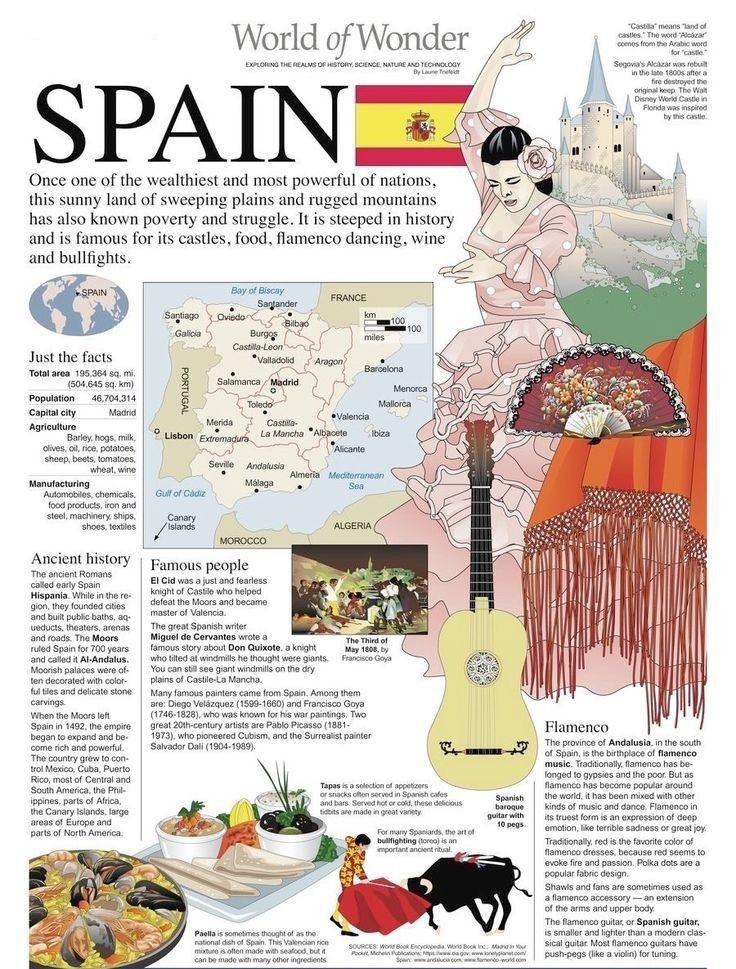
• Cambridge International Education
Topic
Thai:
• การอ่านและการเขียนจากข้อมูลที
(Reading and Directed Writing, Argumentative Writing, and Discursive Writing)
Non-Thai
• THAI CULTURE
Work Covered
• Thai
• เข้าใจจุดประสงค์ของเรืองทีอ่าน
• สามารถระบุและตีความข้อมูลทีมีความหมายโดยตรงและโดยนัย
• แสดงความเข้าใจถึงวิธีทีผู้เขียนใช้ภาษาและโครงสร้างภาษา เพือสร้างผลกระทบและโน้มน้าวผู้อ่าน
• สามารถเขียนโน้มน้าวใจผู้อ่านในมุมมองใดมุมมองหนึ ง
• สามารถเขียนแสดงความคิดเห็นในสองมุมมอง และวิเคราะห์อย่างเป็นกลางไม่ลาเอียง
• ทักษะการเขียน
• สอสารได้อย่างชัดเจน มีประสทธิภาพ และมีความสร้างสรรค์
• เรียงลาดับข้อเท็จจริง แนวคิด และความคิดเห็น
• ใช้คาศพท์ทีเหมาะสมและหลากหลาย
• ใช้น้าเสยง รูปแบบ และระดับภาษาทีเหมาะสมกับผู้อ่านและบริบท
• สะกดคา ใช้เครืองหมายวรรคตอน และไวยกรณ์ได้อย่างถูกต้องแม่นยา
Non-Thai
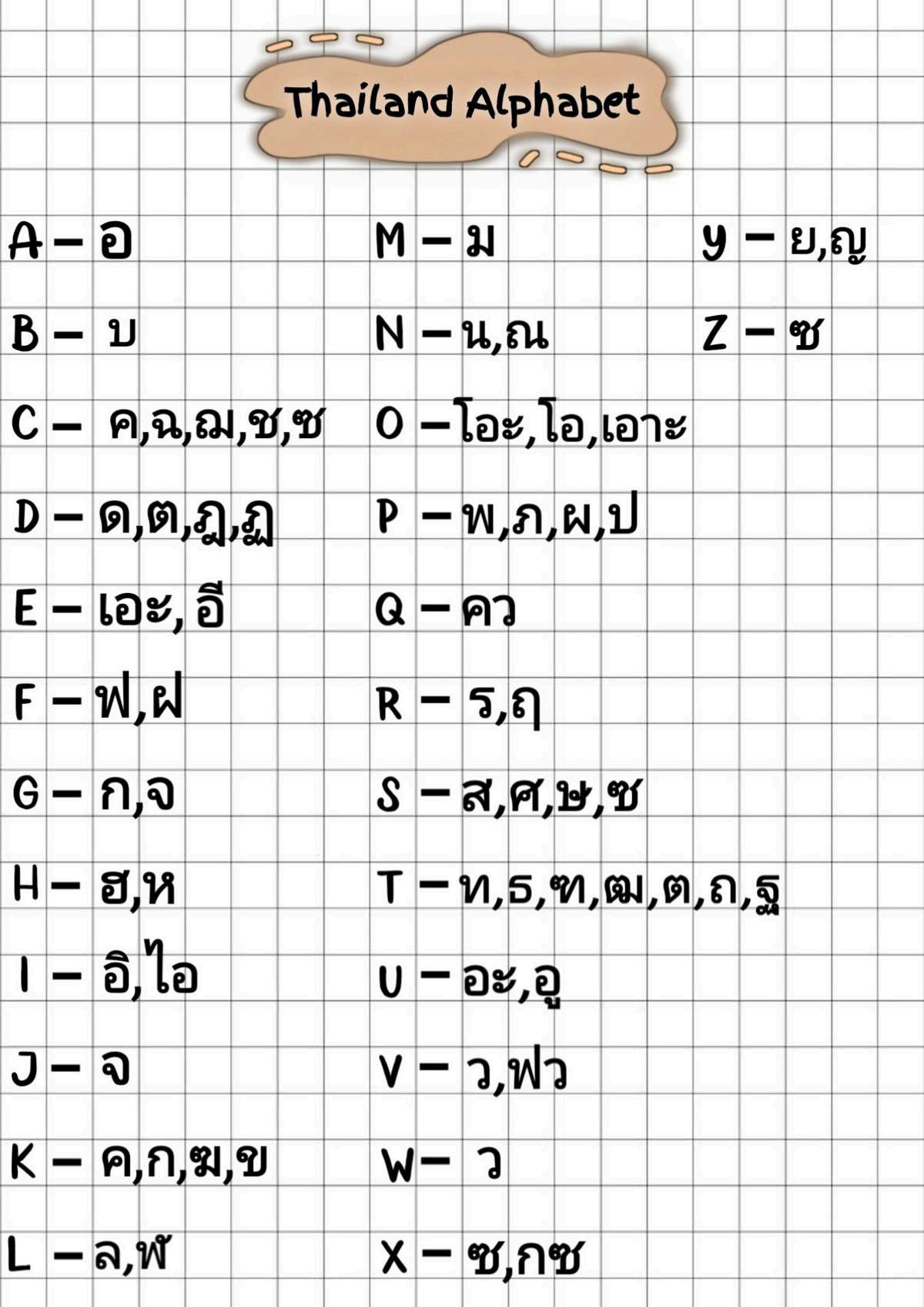
• Learning about a new culture, including the reasons the social norms exist, allows for a deeper understanding that will lead to a more meaningful stay in Thailand.
Key Skills
Thai
• เข้าใจจุดประสงค์ของเรืองทีอ่าน
• สามารถระบุและตีความข้อมูลทีมีความหมายโดยตรงและโดยนัย
• สามารถเขียนโน้มน้าวใจผู้อ่านในมุมมองใดมุมมองหนึ ง
• สามารถเขียนแสดงความคิดเห็นในสองมุมมอง
• ทักษะการเขียน
• สอสารได้อย่างชัดเจน มีประสทธิภาพ และมีความสร้างสรรค์
• เรียงลาดับข้อเท็จจริง แนวคิด
• ใช้คาศพท์ทีเหมาะสมและหลากหลาย
• ใช้น้าเสยง รูปแบบ และระดับภาษาทีเหมาะสมกับผู้อ่านและบริบท
• สะกดคา ใช้เครืองหมายวรรคตอน และไวยกรณ์ได้อย่างถูกต้องแม่นยา
Non-Thai
• Describe or demonstrate an attitude important for making oneself accepted in Thai society
• Identify coping strategies to help a person adjust to Thai culture
• Learn how to apply cultural knowledge in the workplace Assessment
Thai
• อ่านเรืองสนตามความสนใจ
• อ่านบทความแล้วตอบคาถาม
• หา สานวน สุภาษิต และคาพังเพย ทีพบในบทความ
• วิเคราะห์ความหมายของคาและประโยคจากบทเพลง
• การเขียนจากประสบการณ์และบทความทีกาหนดให้
• งานเขียงเชิงโต้แย้ง
• งานเขียนเชิงอภิปราย
• แต่งเรืองโดยใช้ สานวน สุภาษิต และคาพังเพย
Non-Thai
• Individually or as a group, write a critical incident about a cultural misunderstanding.

Lent Term
Topic
• Thai:
• การเขียนเรียงความเชิงพรรณนาและบรรยาย (Descriptive and Narrative Writing)
Non-Thai
• LANGUAGE, CULTURE AND LEISURE
Work Covered
Thai:
การเขียนเชิงพรรณนา
• เขียนบทความยาวประมาณ 350 – 450 คํา
• เรียงความเชิงพรรณนาจะอธิบายขยายความเกียวกับบุคคล สถานที หรือสถานการณ์ด้วยคําพูดทีทําให้ผู้อ่านเห็นภาพได้
• การใช้คําศพท์ทีหลากหลายในการพรรณนา เปรียบเทียบ
การเขียนเชิงบรรยาย
• เขียนบทความยาวประมาณ 350 – 450 คํา
• เรียงความเชิงบรรยายจะบอกเล่าเรืองราวชุดทีมีชุดเหตุการณ์ต่อเนื อง ซึงอาจเป็นเรืองจริงหรือเรืองแต่งก็ได้
• การใช้คําศพท์ทีเหมาะสมกับบริบทและสถานการณ์ทีกําลังเกิดขึน
• Understanding: Through games, sports and leisure activities, individuals learn how to use imagination and local resources to make toys and games
• The purpose of playing games, sports or having leisure activities is to develop the mind and the body to learn about a society’s culture, values and local wisdom
Thai
• ผลิตเนื อหาทีชัดเจนและเชือมโยงสอดคล้องกัน เพือใช้สอสารได้อย่างมีประสทธิภาพ โดยคงความสนใจของผู้อ่านตลอดเวลา
• วางโครงสร้างของเนื อหาเพือสร้างลําดับเหตุการณ์และการพัฒนาแนวคิดทีชัดเจนสาหรับผู้อ่าน
• เลือกคําศพท์ทีเหมาะสมเพือสร้างผลกระทบทีเหมาะกับจุดมุ่งหมายและผู้อ่าน
• ใช้รูปแบบและสไตล์ทีเหมาะกับจุดมุ่งหมายและผู้อ่าน
• เขียนเป็นย่อหน้าโดยใช้โครงสร้างประโยคทีหลากหลายและแสดงถึงความสามารถในการใช้ไวยากรณ์ได้อย่างชํานาญ และใช้ตัวสะกด รวมถึง เครืองหมายวรรคตอนได้อย่างถูกต้อง
Non-Thai
• To recognise Thai sports, games and leisure activities and appreciate them as part of the culture
• To participate in Thai sports, games and leisure activities
Assessment
Thai
• อ่านนวนิยายตามความสนใจ
• งานเขียนเรียงความเชิงพรรณนา
• งานเขียนเรียงความเชิงบรรยาย

• แต่งเรืองจากจินตนาการตามความสนใจ
• การใช้คําศพท์ทีหลากหลายให้เหมาะสมกับสถานการณ์
• การใช้ระดับภาษาทีเหมาะสมกับงานเขียน
• การใช้ประโยคเพือการสอสารทีมีประสทธิภาพ
Non-Thai
• Journal Reflection
• How do Thai games, sports, and leisure activities reflect Thai culture?
• Thai people like to have fun and pleasure by organising leisure times which involved sports and games or art and crafts
Topic
Thai:
• IGCSE First Language Thai Revision
Non-Thai
• THAI ART, DRAMA AND MUSIC
Work Covered
Thai:
ทบทวนคําถามและคําตอบ
• ระบุและตีความข้อมูลทีมีความหมายโดยตรงและโดยนัย
• ตอบคําถามทีเกียวกับการเขียนตามแบบแผนและแบบขยาย
• สานวน สุภาษิต คําพังเพย ทีพบในบทความ
• การเลือกสงเคราะห์ข้อมูลเพือจุดประสงค์เฉพาะด้าน
• การเรียบเรียงข้อมูล และนําเสนอในรูปแบบของการแสดงความคิดเห็น

• ข้อสอบ 1 การอ่านและการเขียนจากข้อมูลที
• ข้อสอบ 2 การเขียนเรียงความ
Non-Thai
• A culture’s art, drama, and music is the expression of society’s core values and beliefs
• In Thailand, Buddhism, Hinduism, and Brahmanism have had profound influences on the visual and performing arts
Thai
•อ่านบทความหลากหลายประเภทได้อย่างคล่องแคล่วและเข้าใจเนื อหาได้เป็นอย่างดี
•อ่านบทความเชิงวิเคราะห์วิจารณ์และนําความรู้ที ได้จากการอ่านมาเป็นข้อมูลและใช้พัฒนาการเขียนของตนเอง
•เขียนบทความได้อย่างเทียงตรงและมีประสทธิภาพโดยใช้ภาษามาตรฐานทีเหมาะสม
•นําข้อมูลและแนวคิดต่าง ๆ
•เก็บเกียวและใช้คําศพท์ทีหลากหลาย
Non-Thai
•Appreciate Thai aesthetic values in traditional art, music, dance and Thai literature
• Define the role of religious beliefs in how they influenced classical, visual and performing arts as well as myths and legends
•Recognise some Thai musical instruments
Assessment
Thai
•ข้อสอบ
•แบบฝึกหัดอ่านเรืองและตอบคําถาม
•เขียนบทความจากเรืองทีอ่านโดยใช้ภาษาของตนเอง
•การแต่งเรืองตามหัวข้อทีกําหนด
Non-Thai
• Write a journal entry about one’s impressions of classical Thai literature
•Art
•Drama
•Music

Wellington College International School Bangkok 18 Krungthep Kreetha Road, Thap Chang, Saphan Sung, Bangkok
info@wellingtoncollege.ac.th 02 087 8888
wellingtoncollege.ac.th
#WeAreWellington